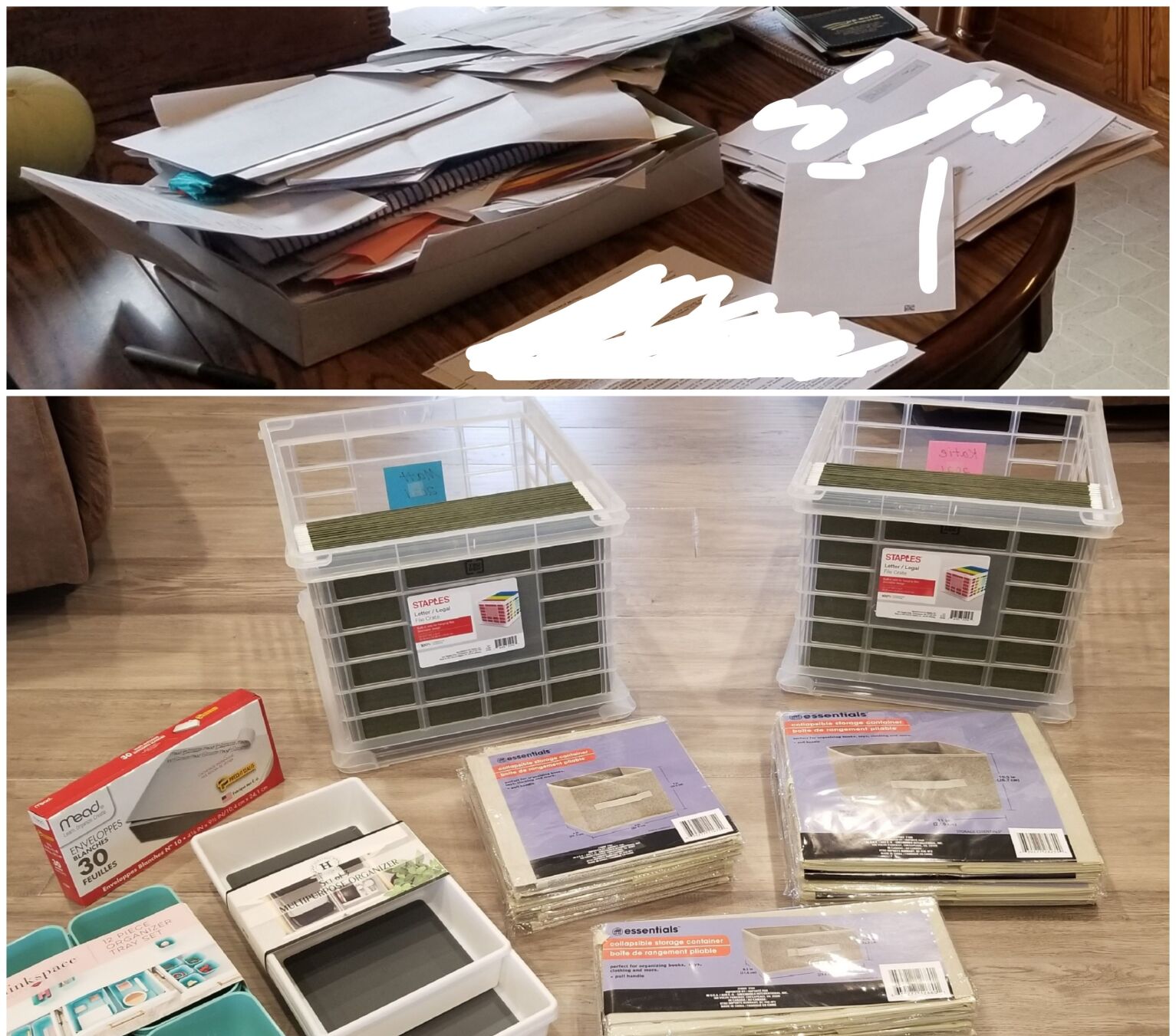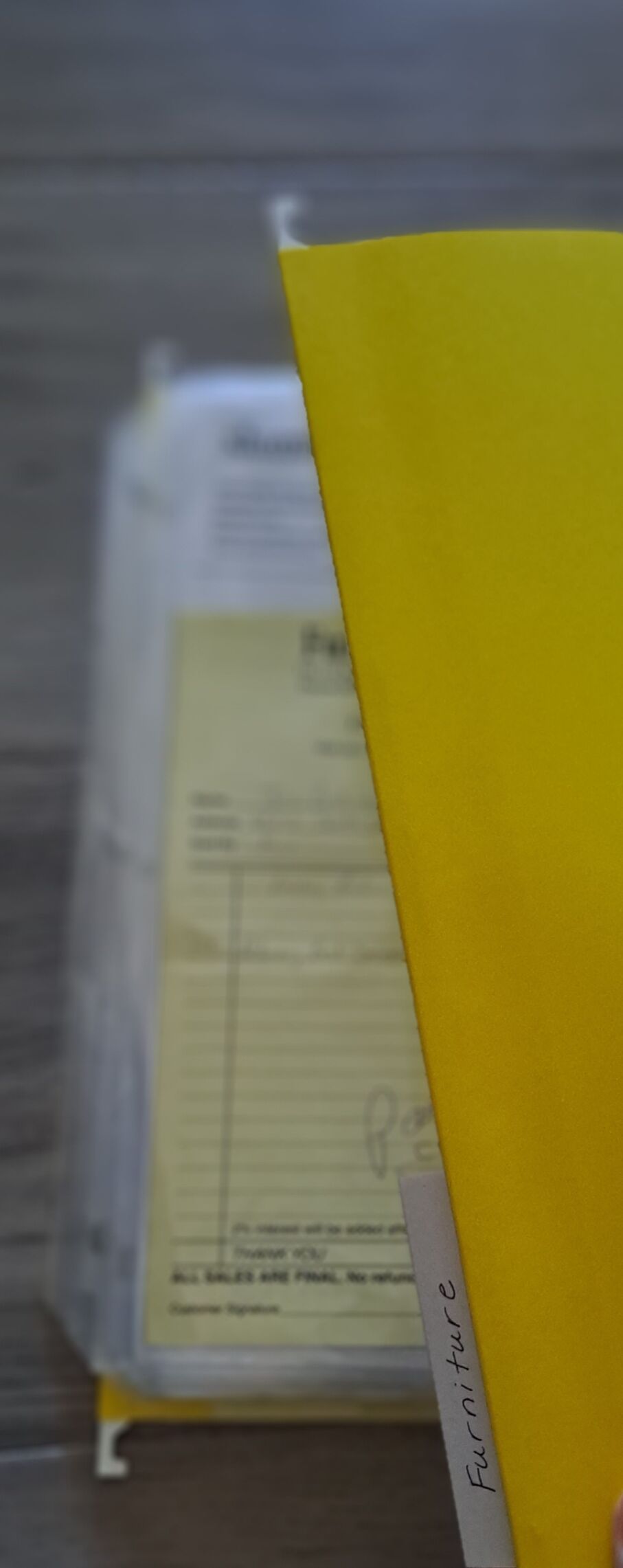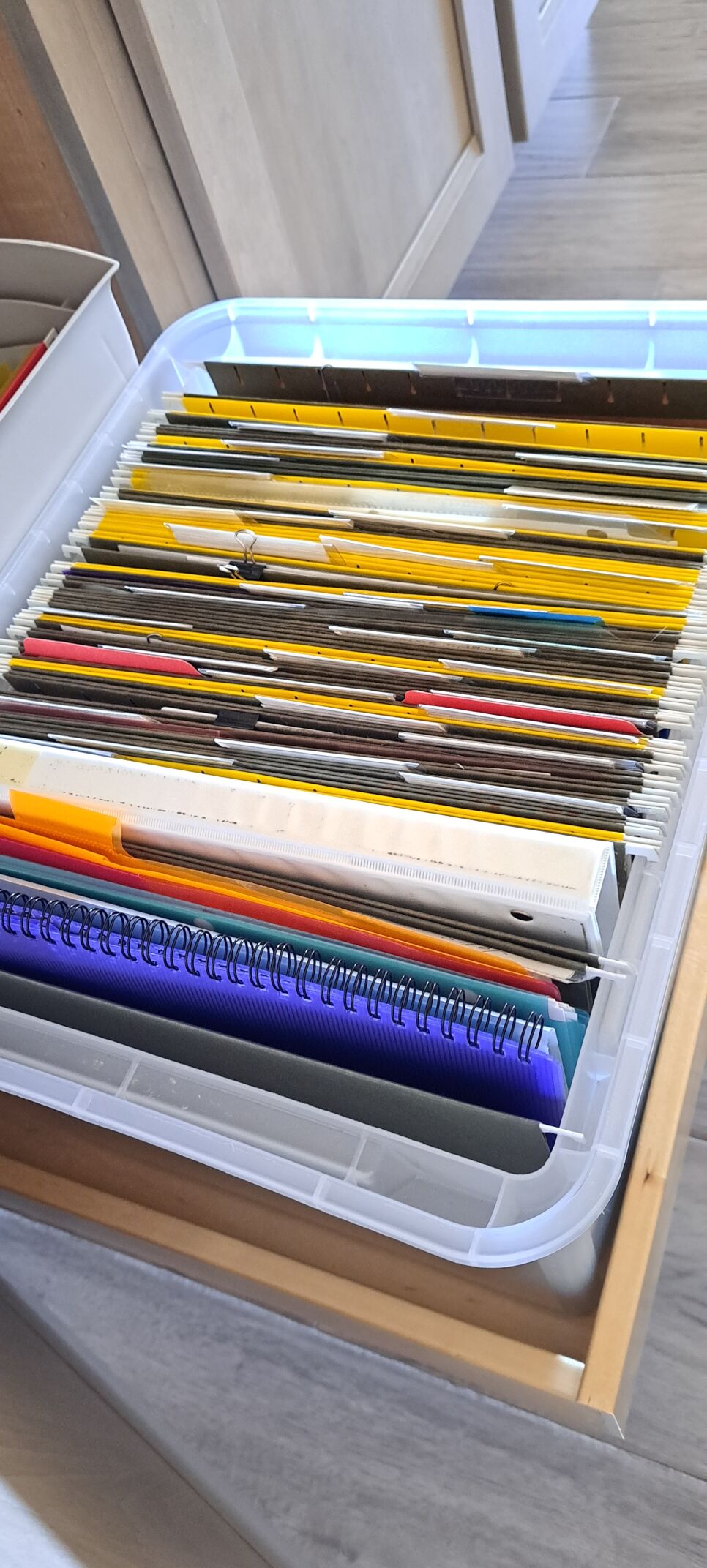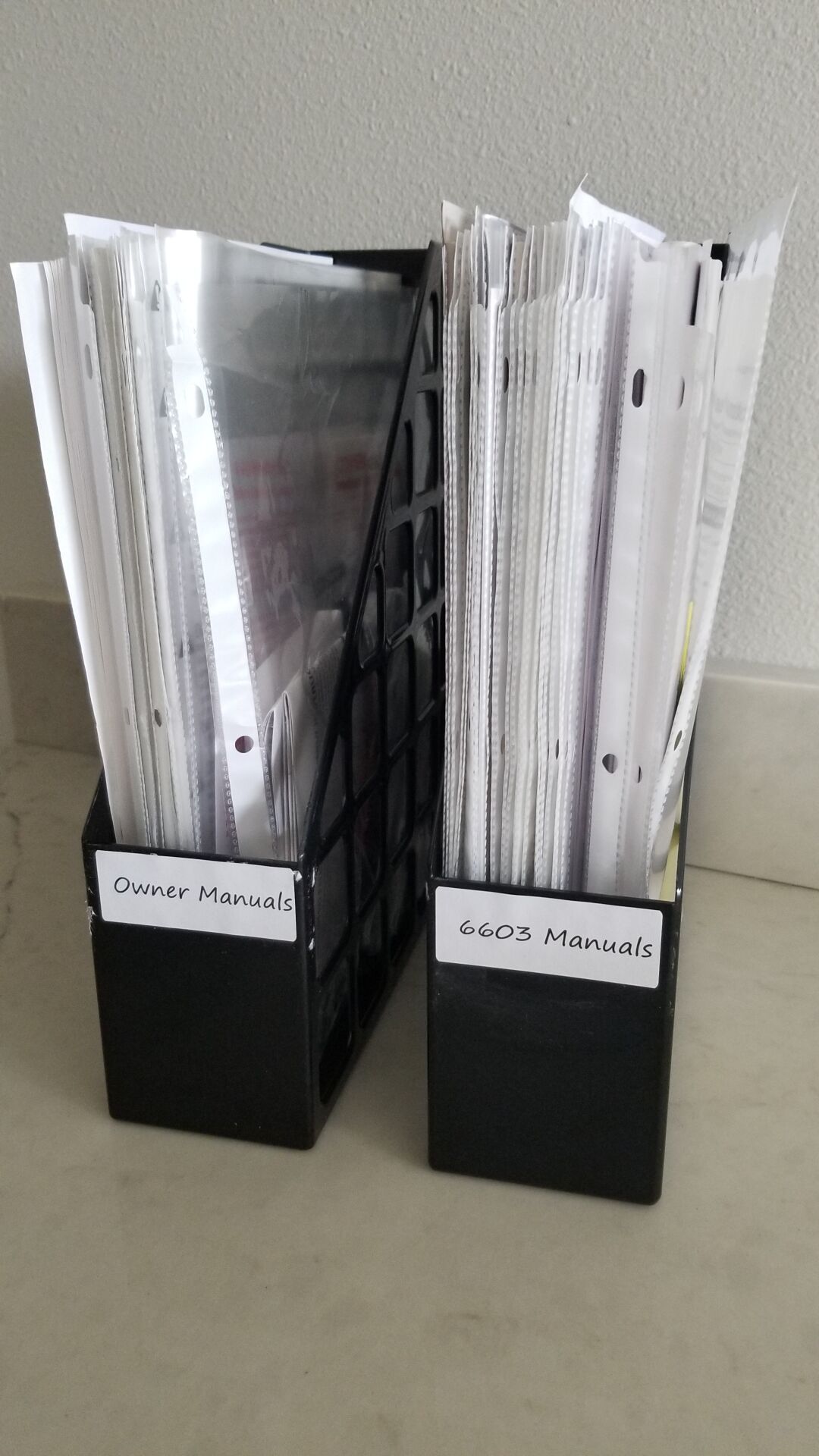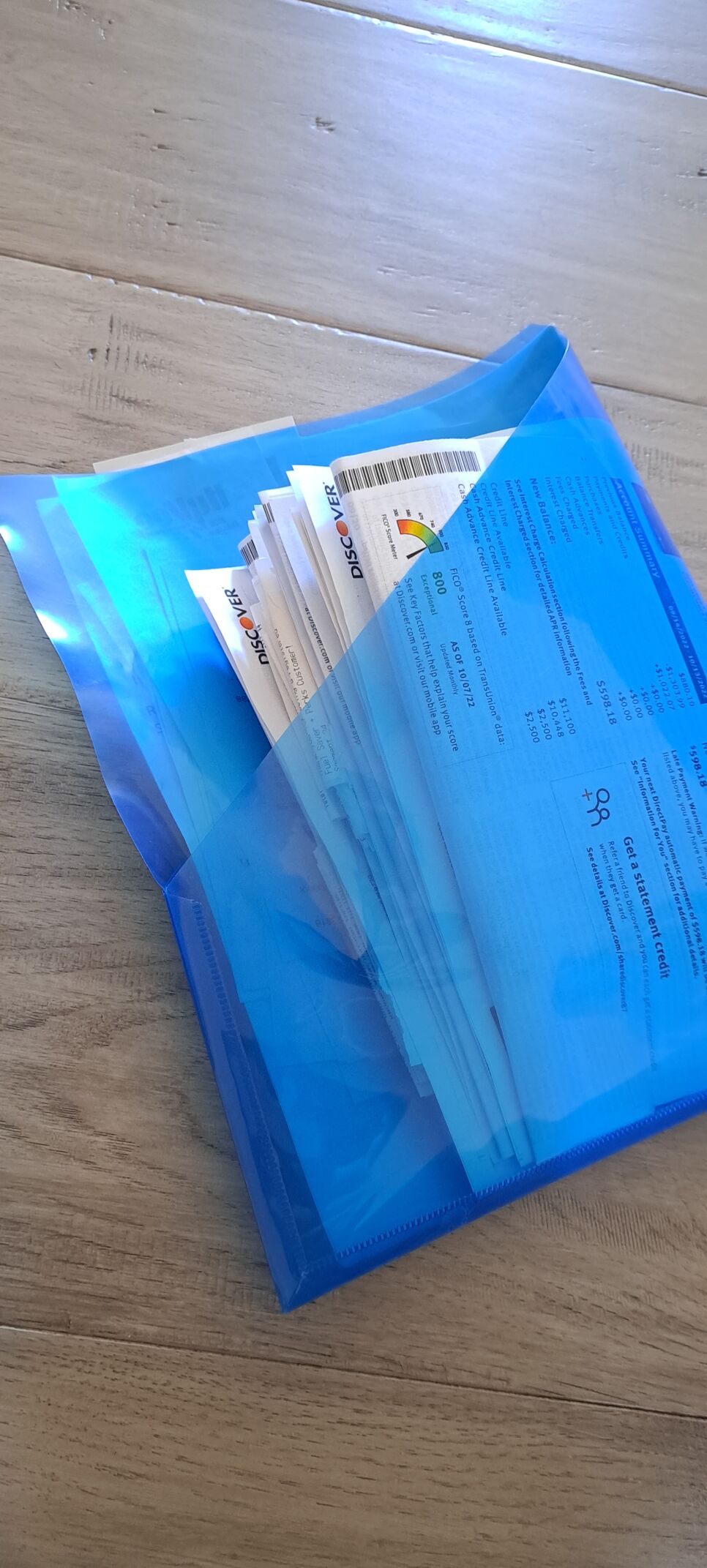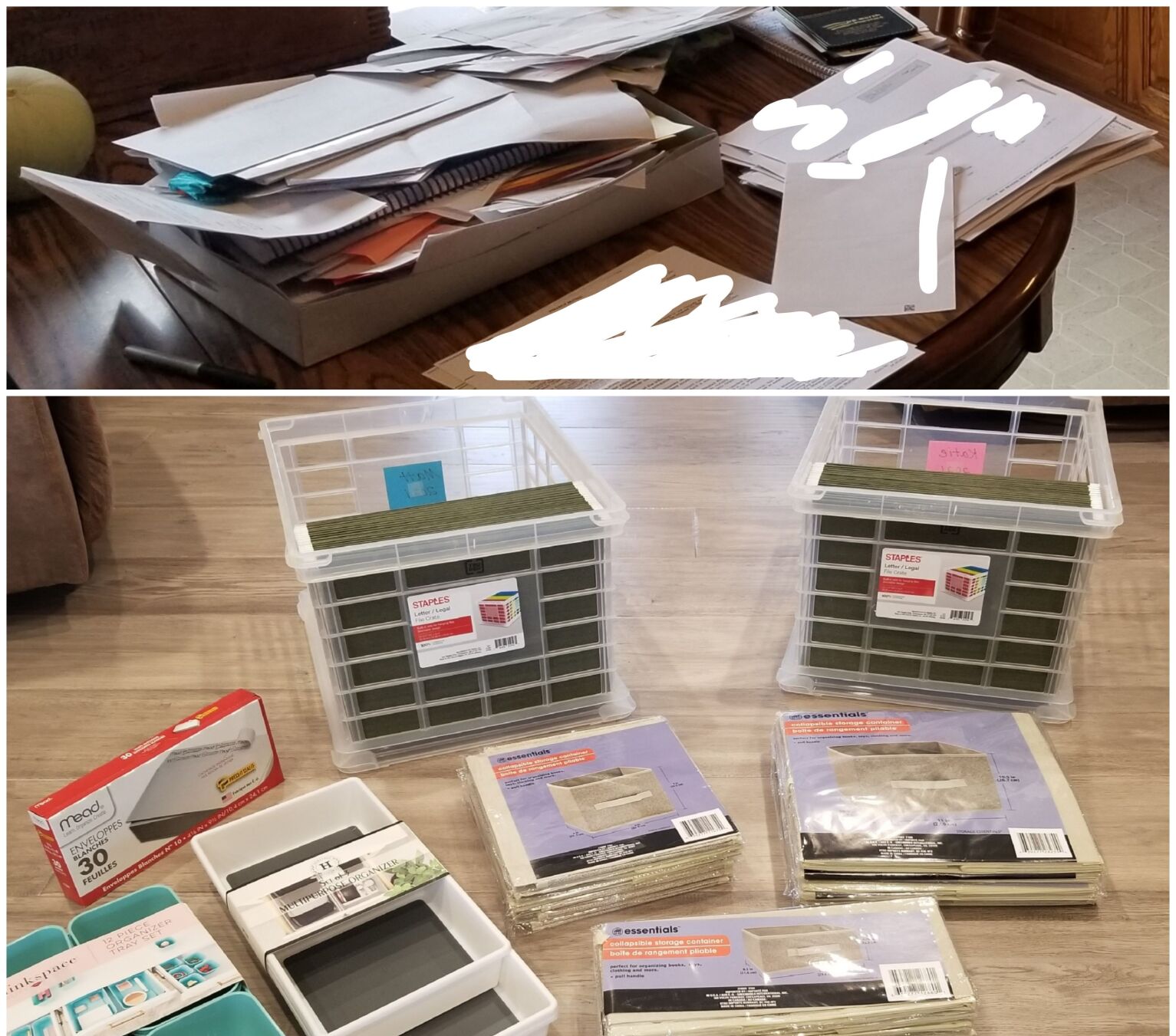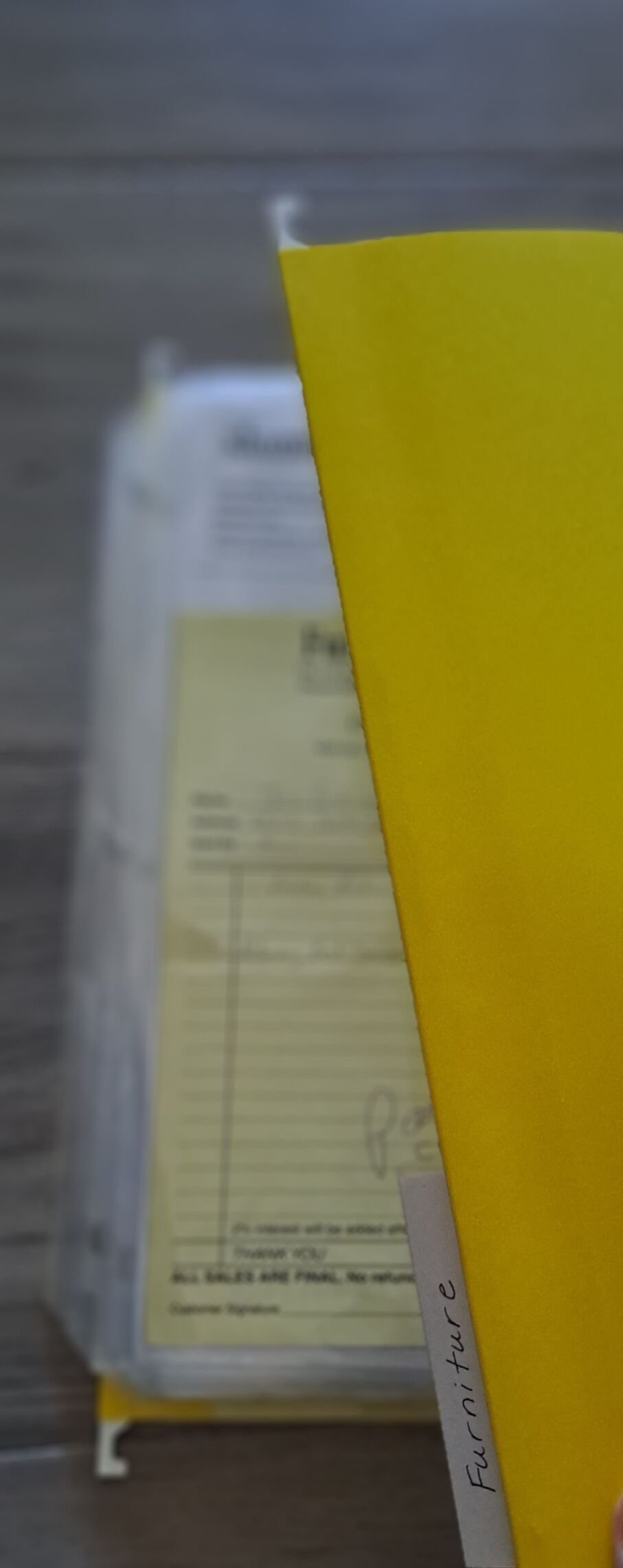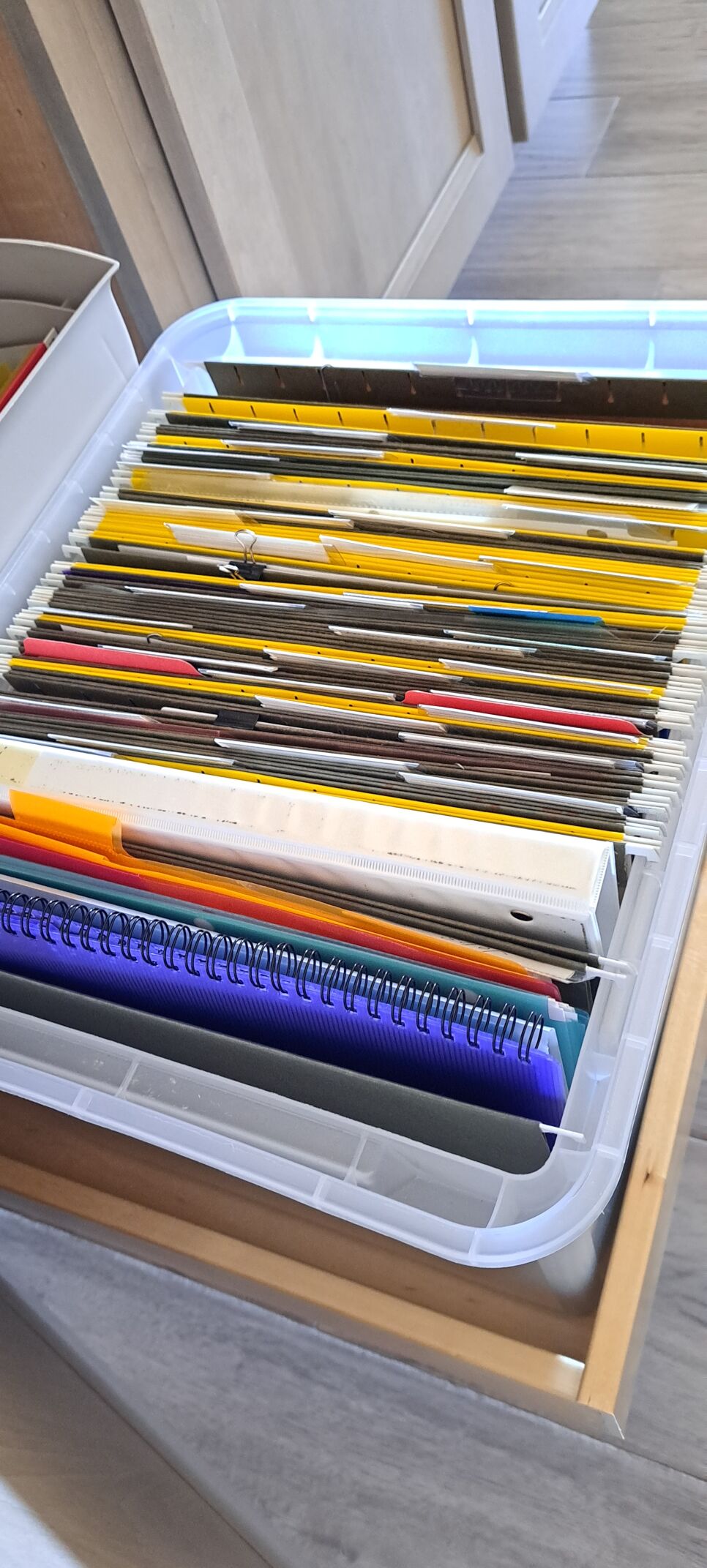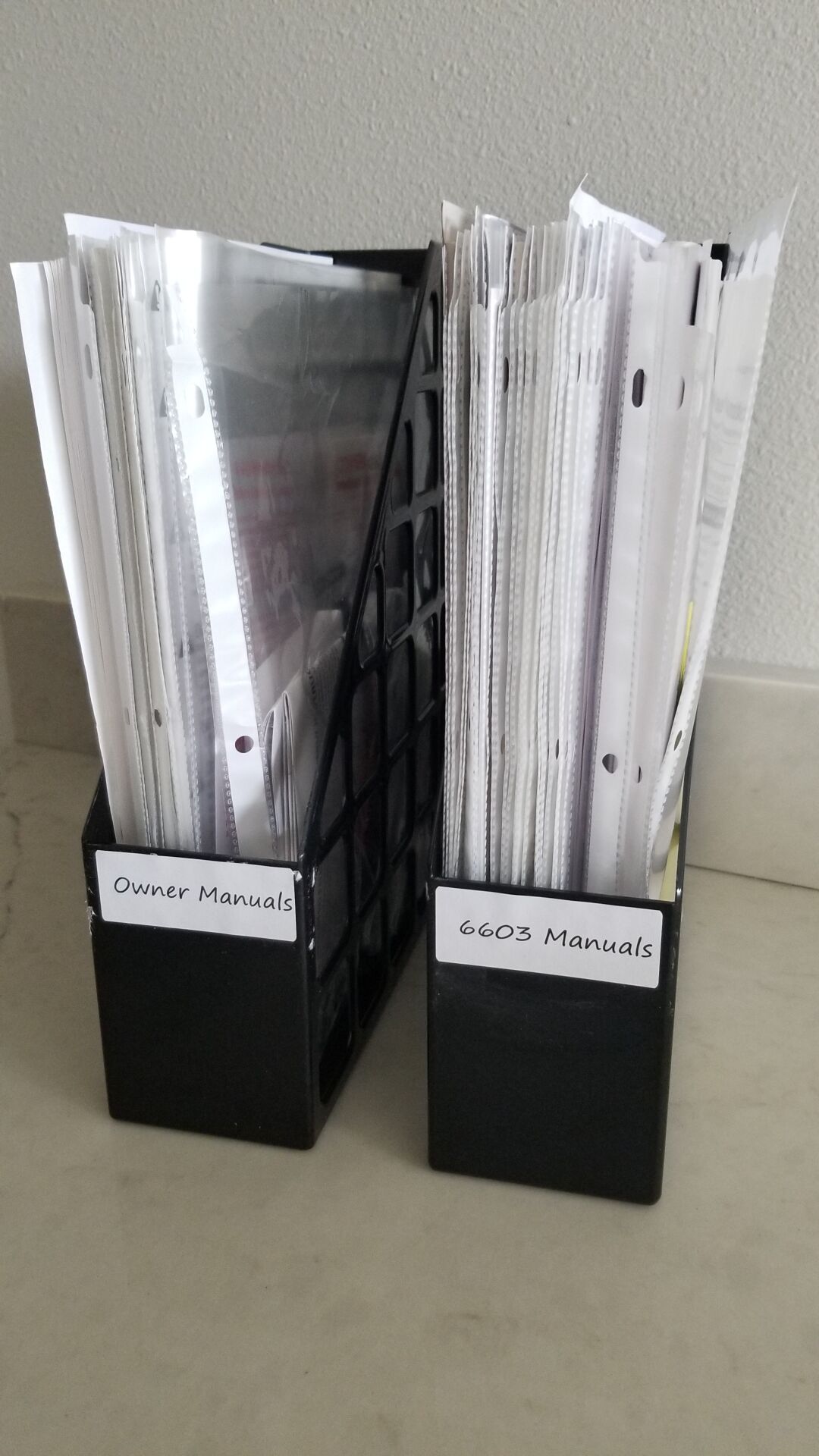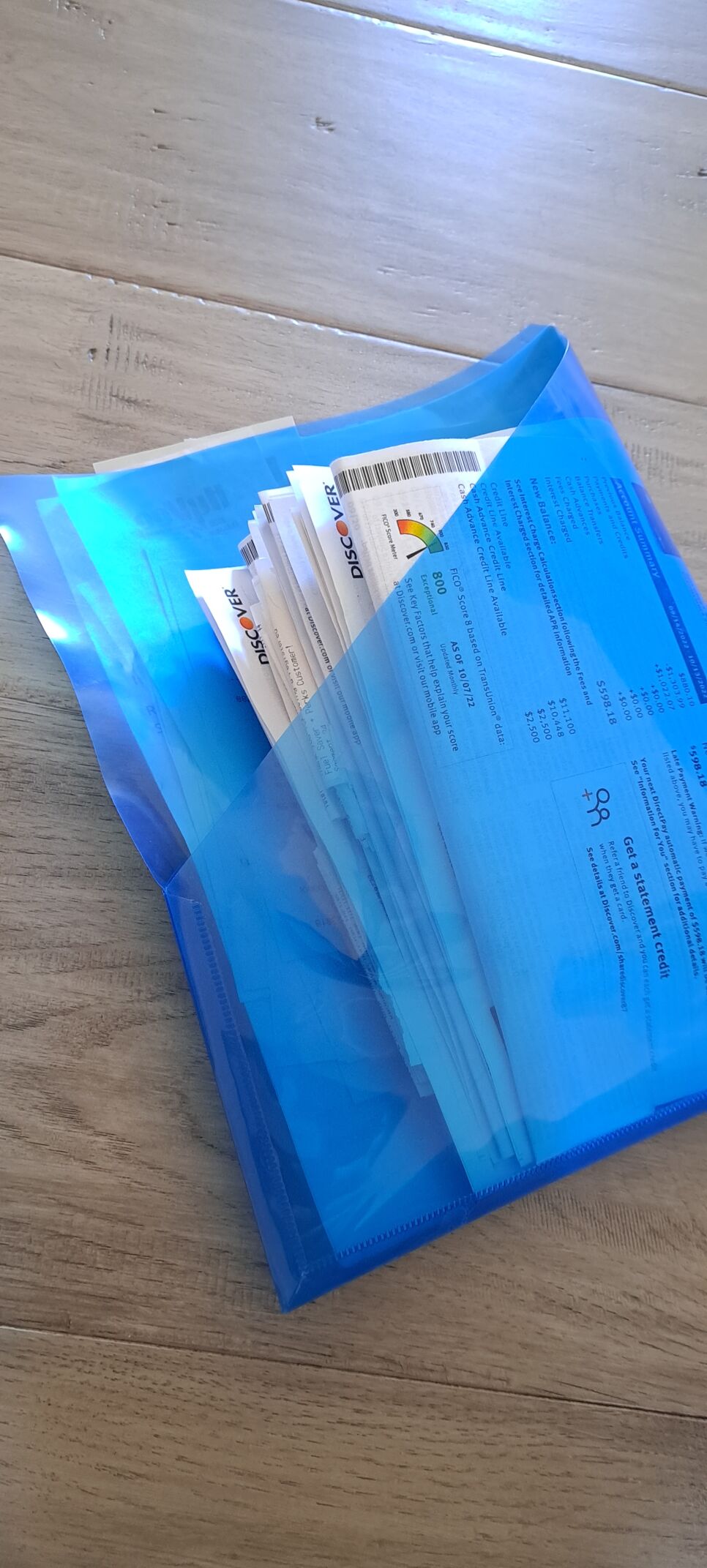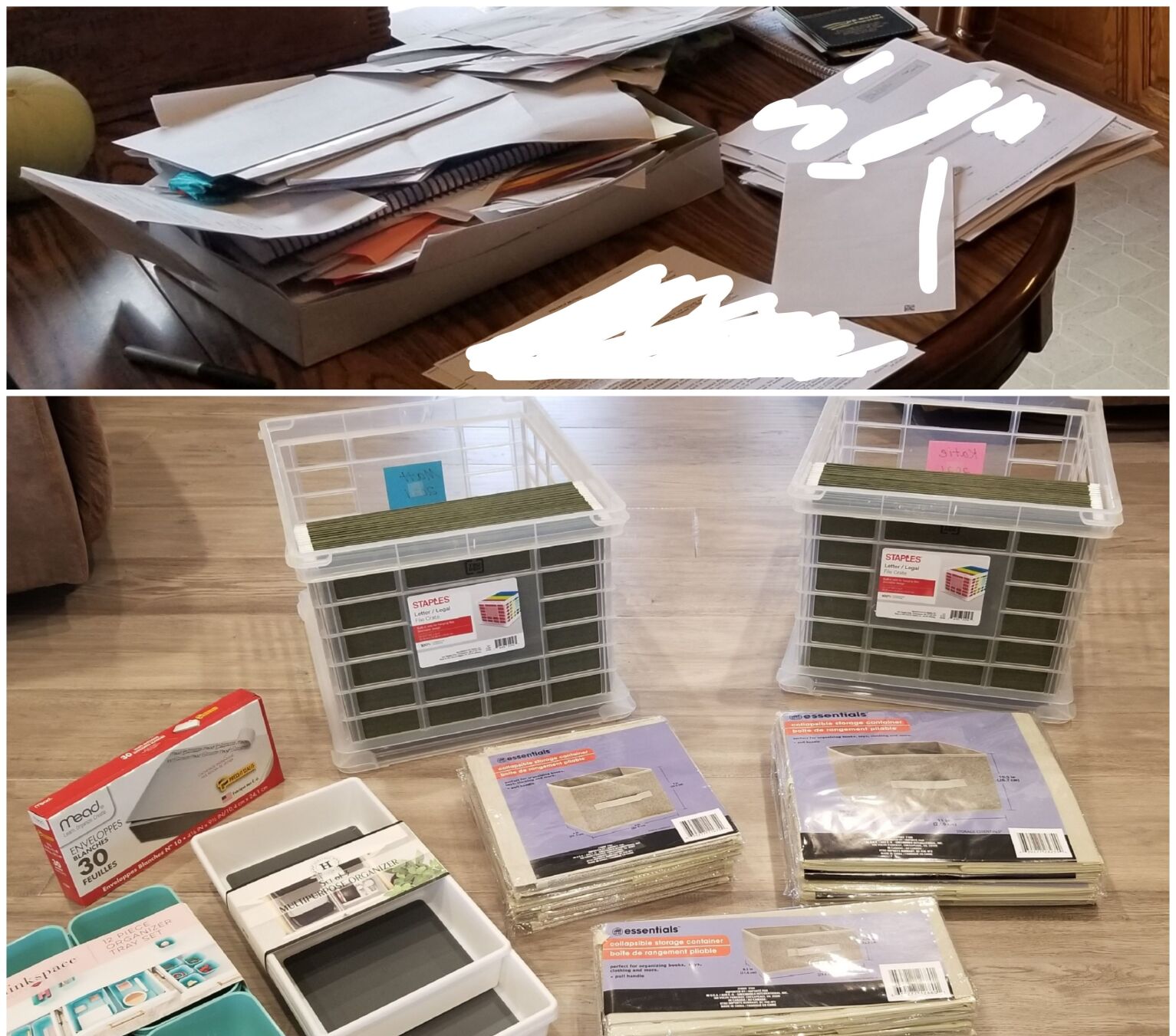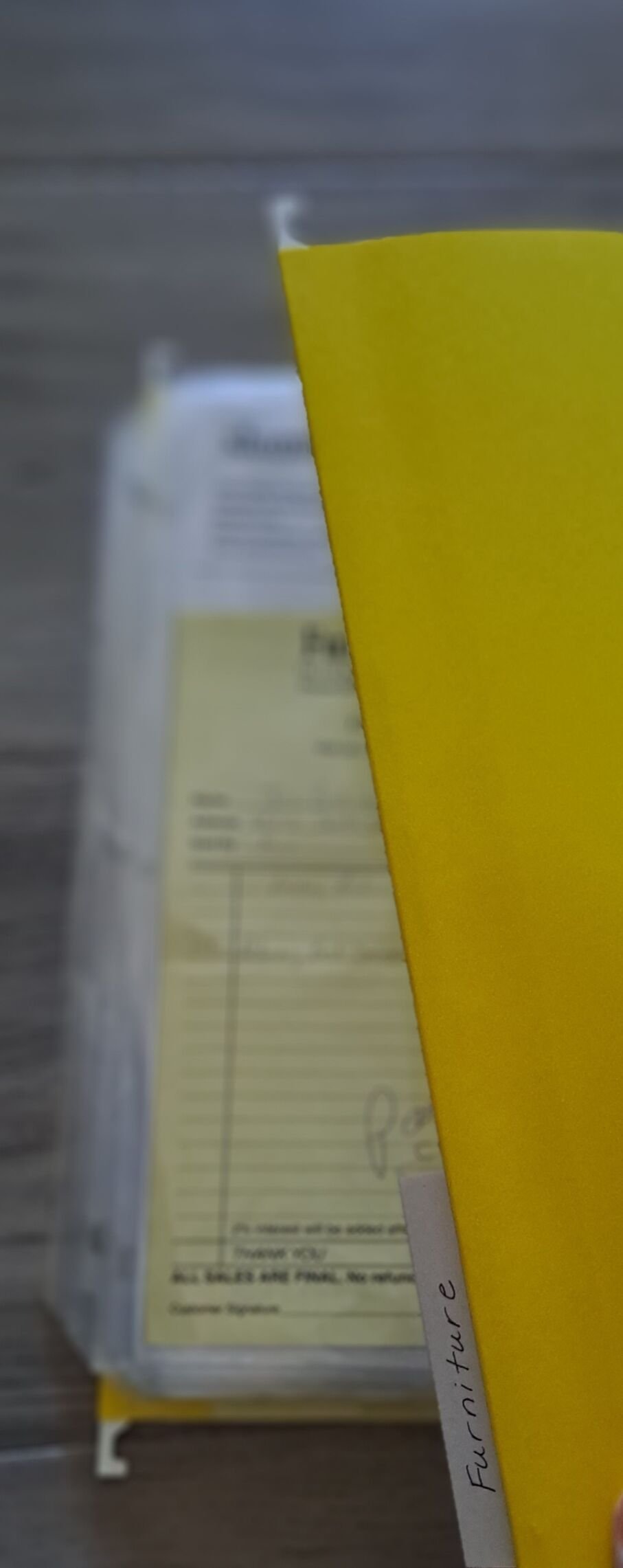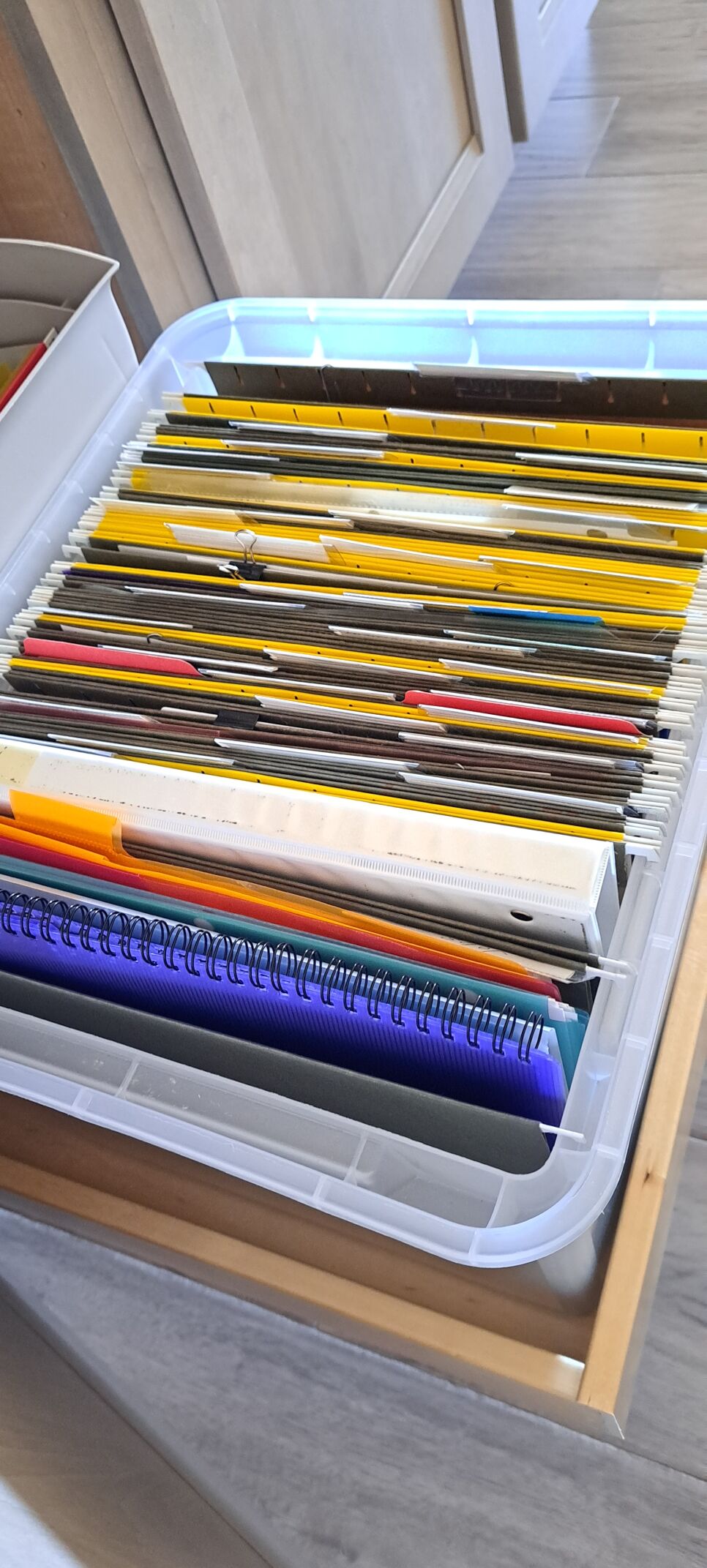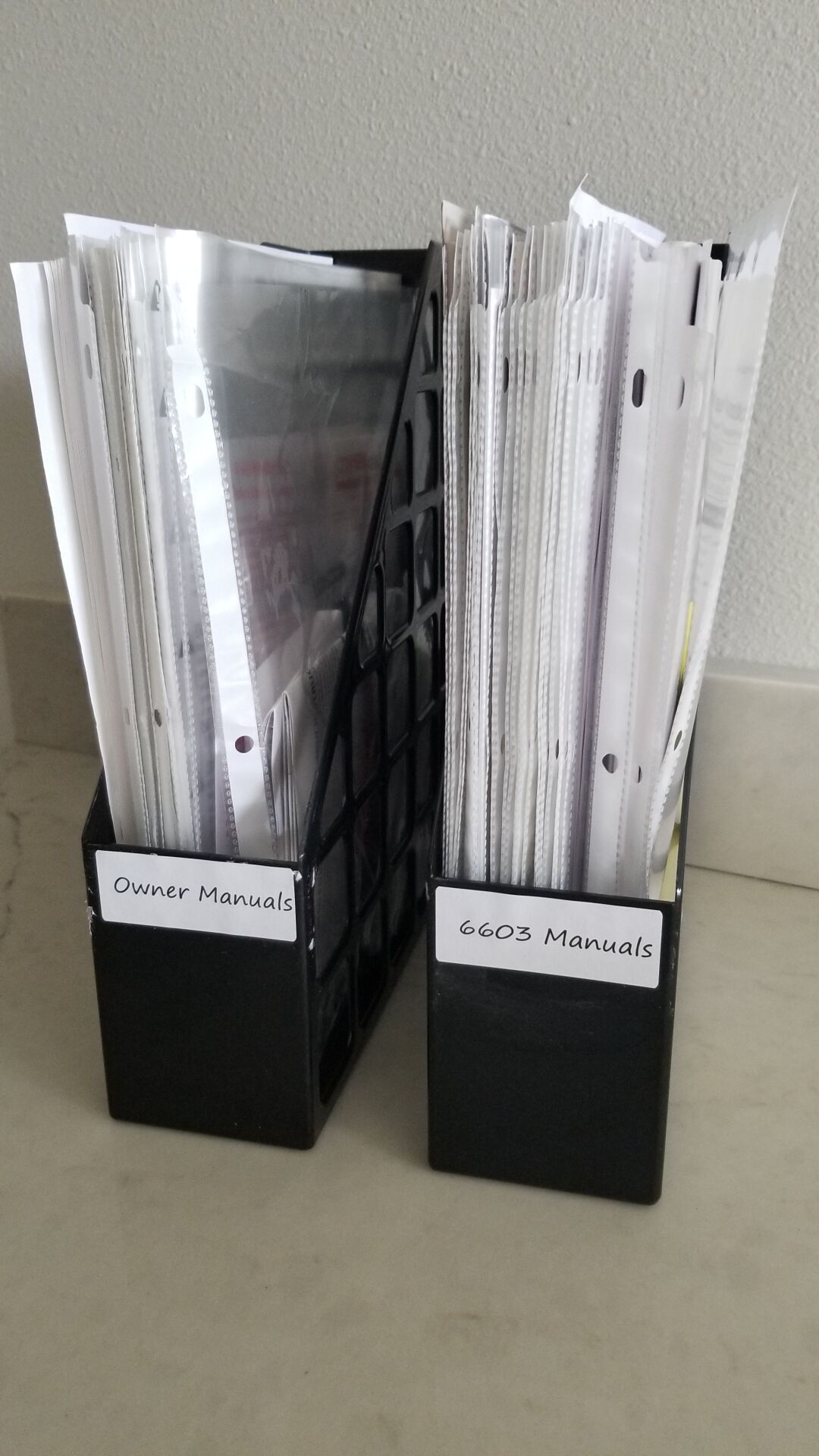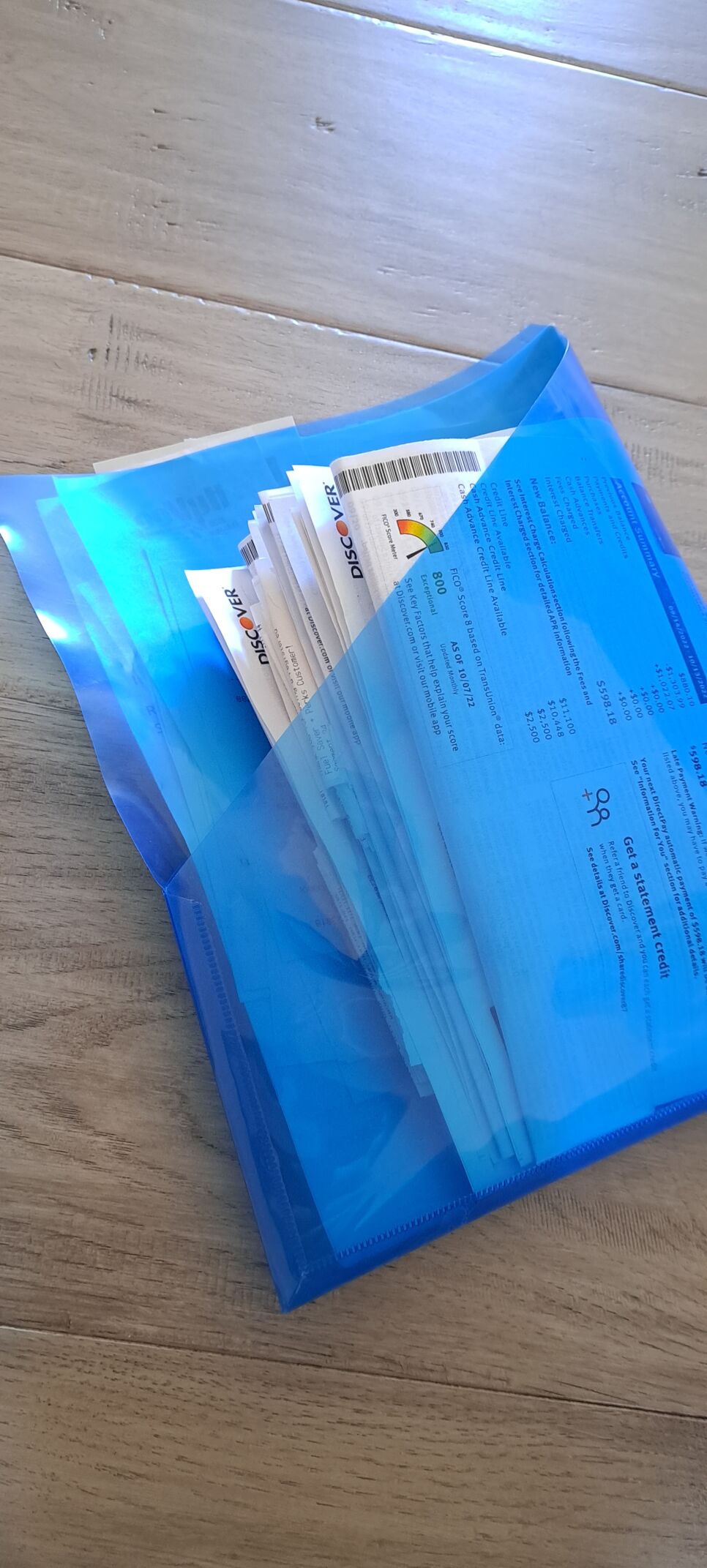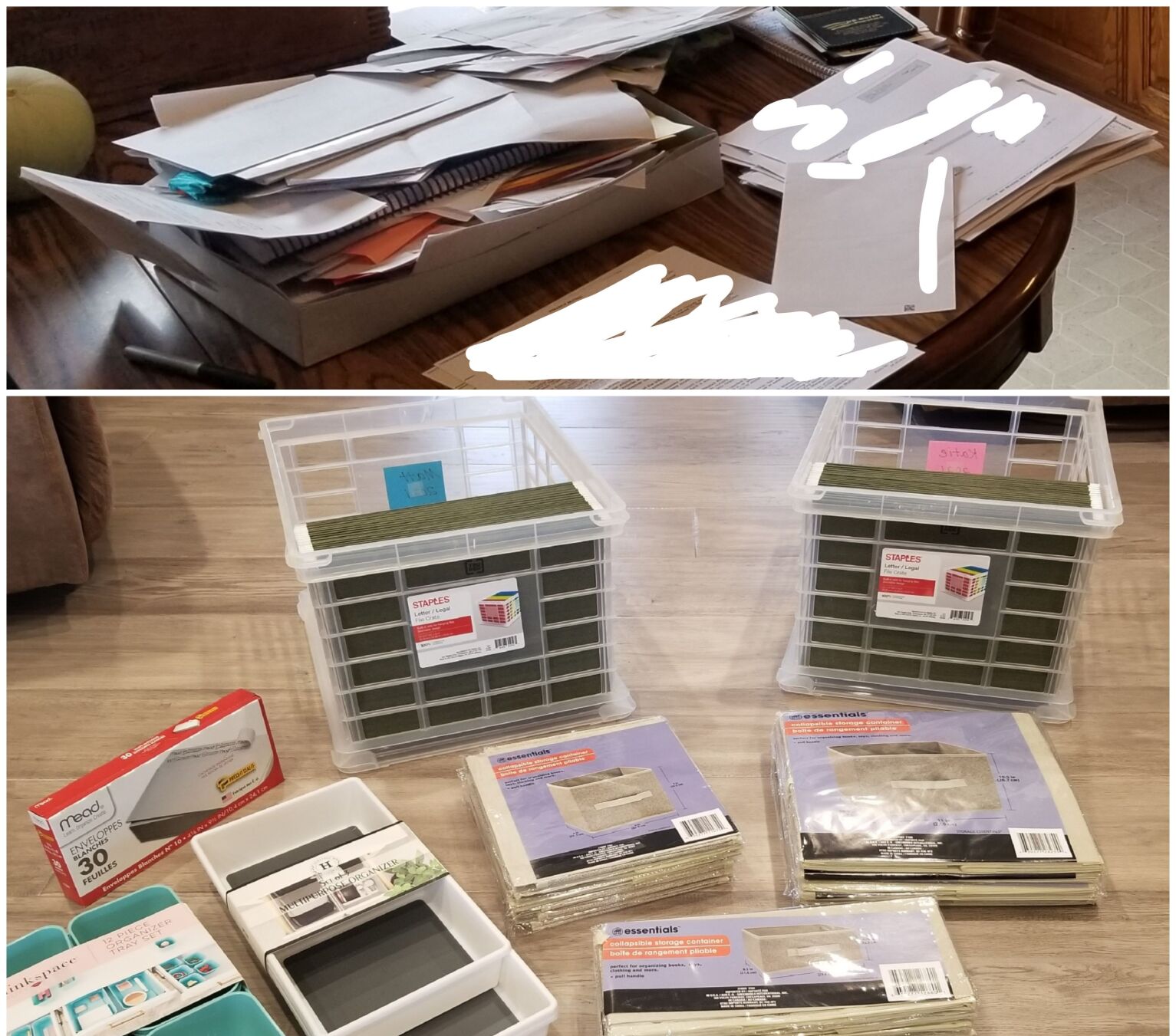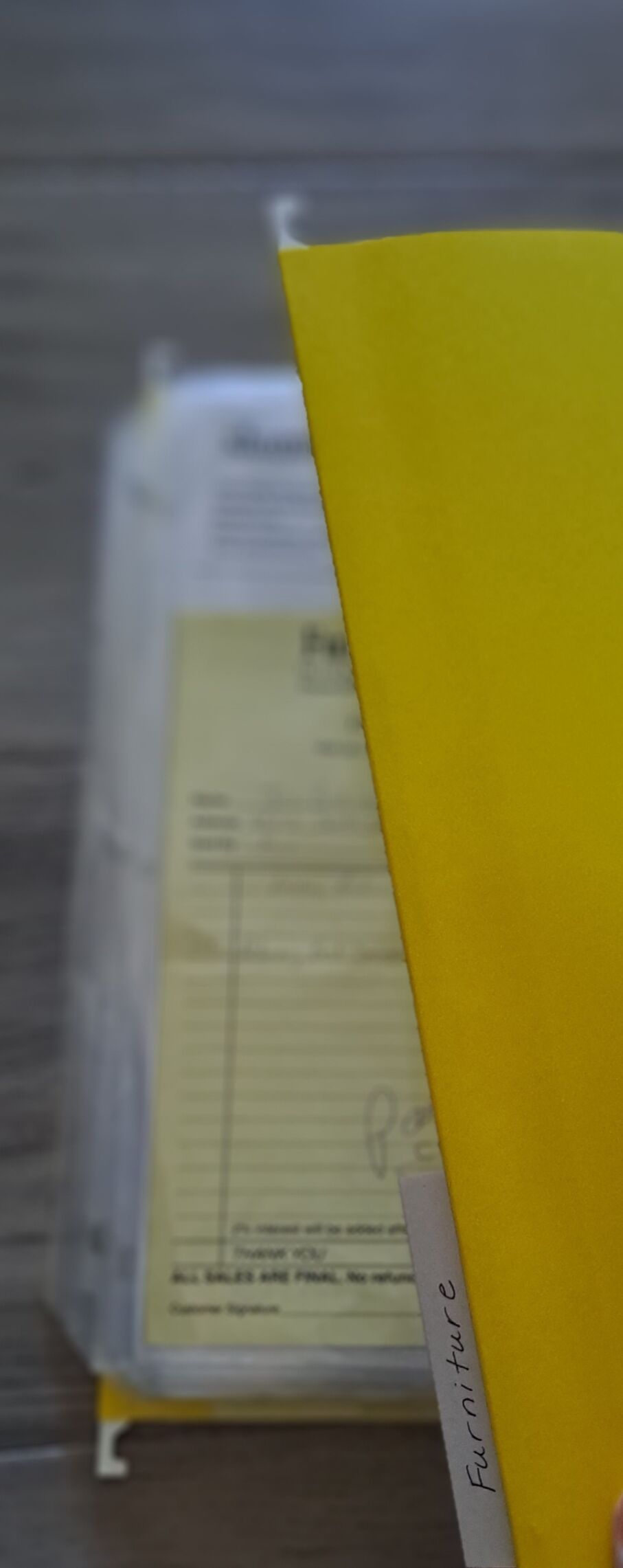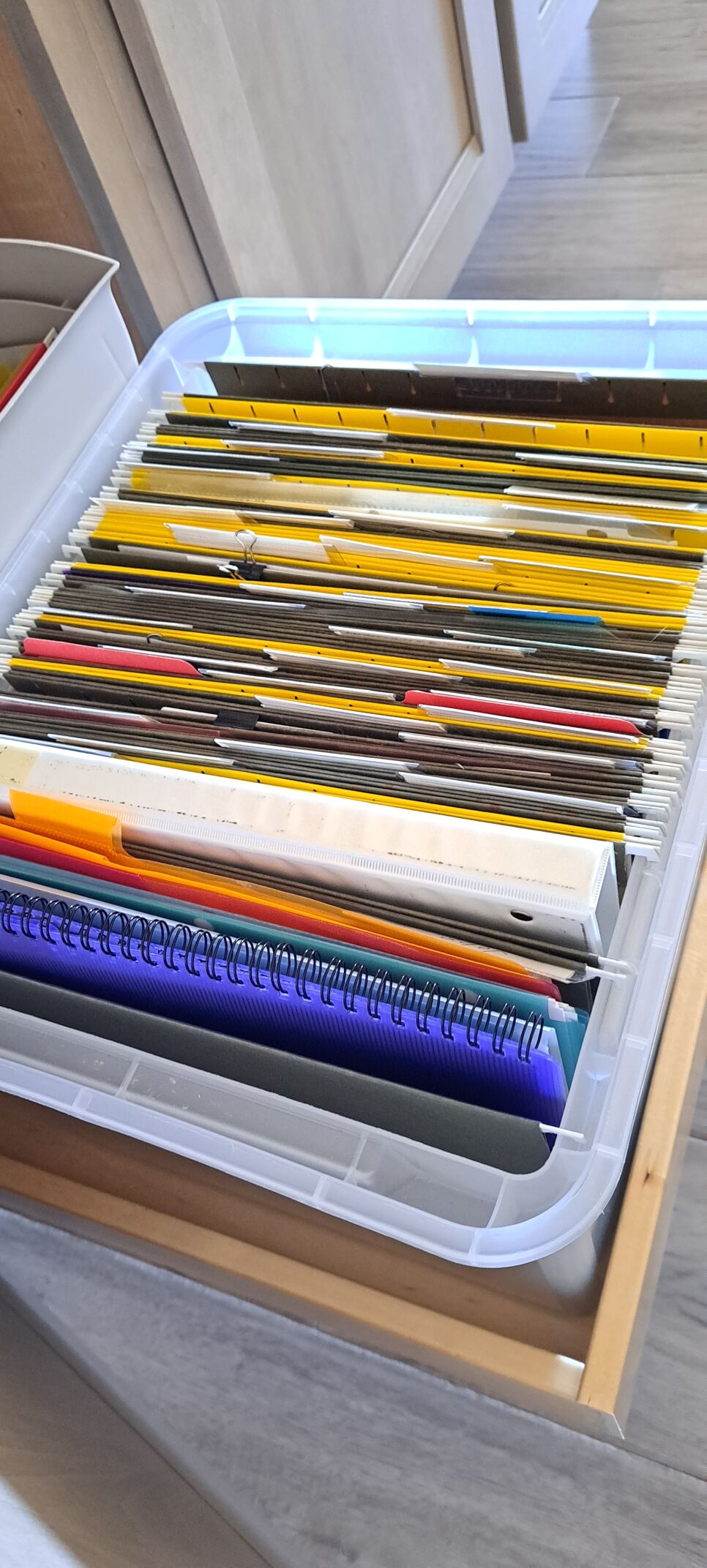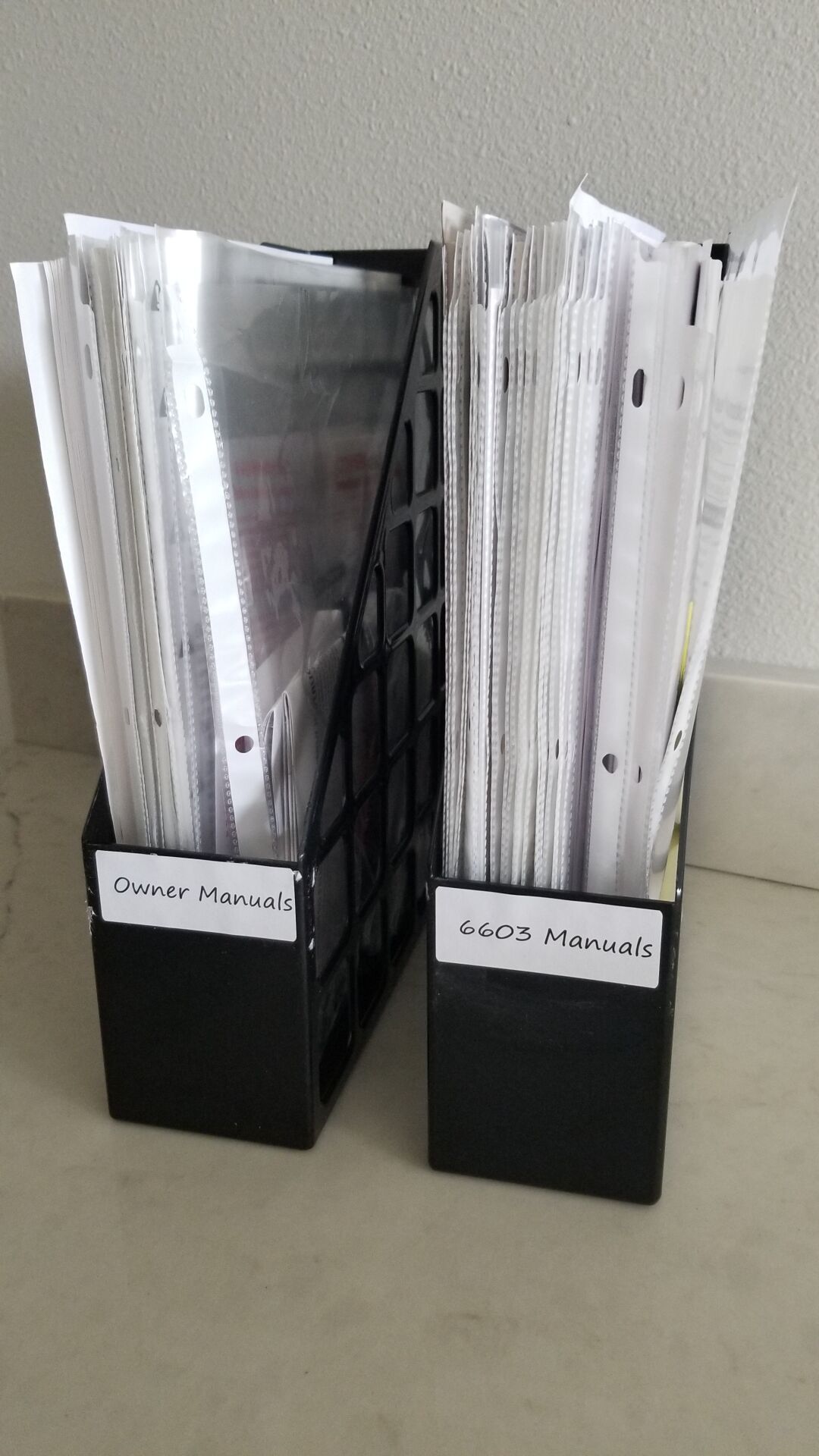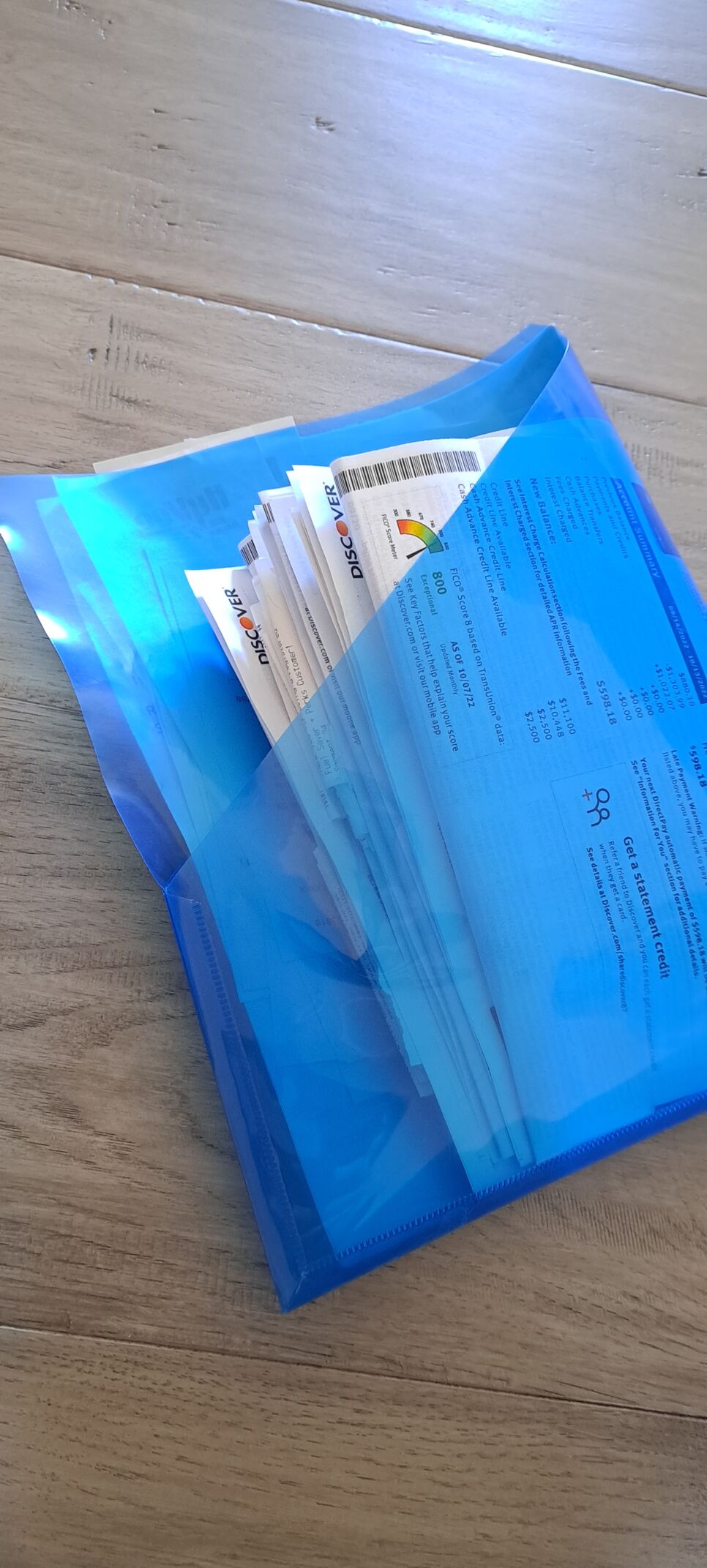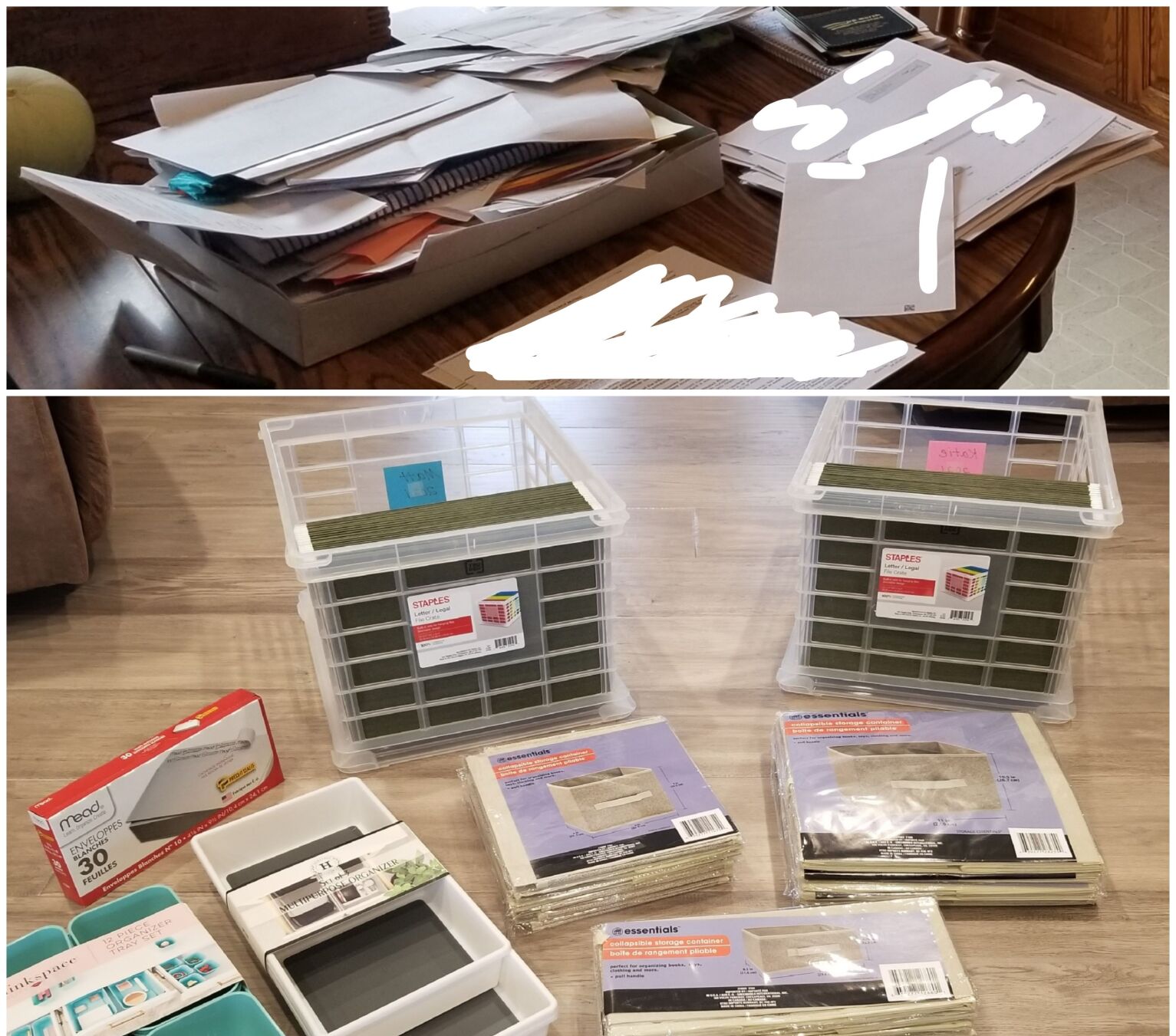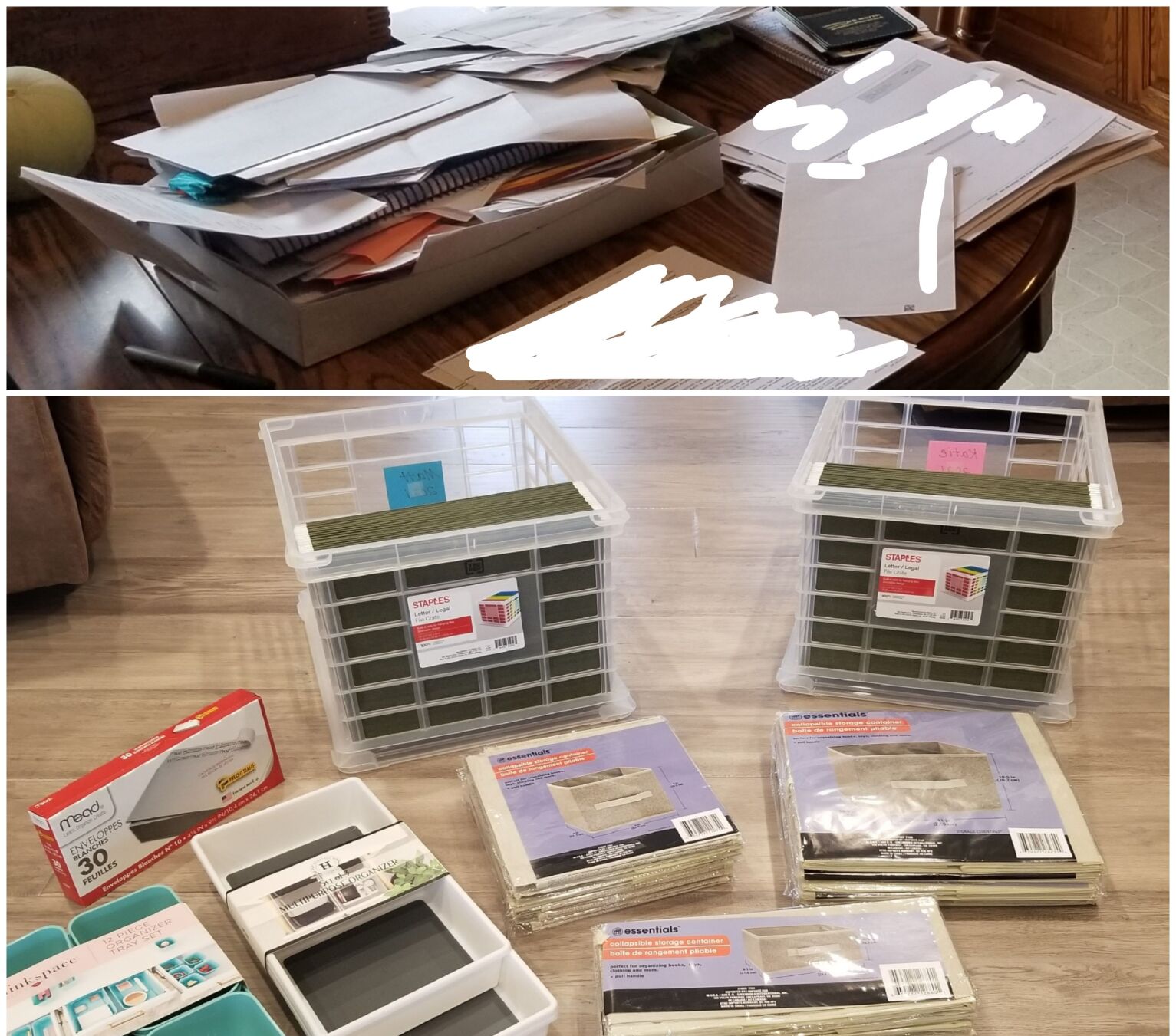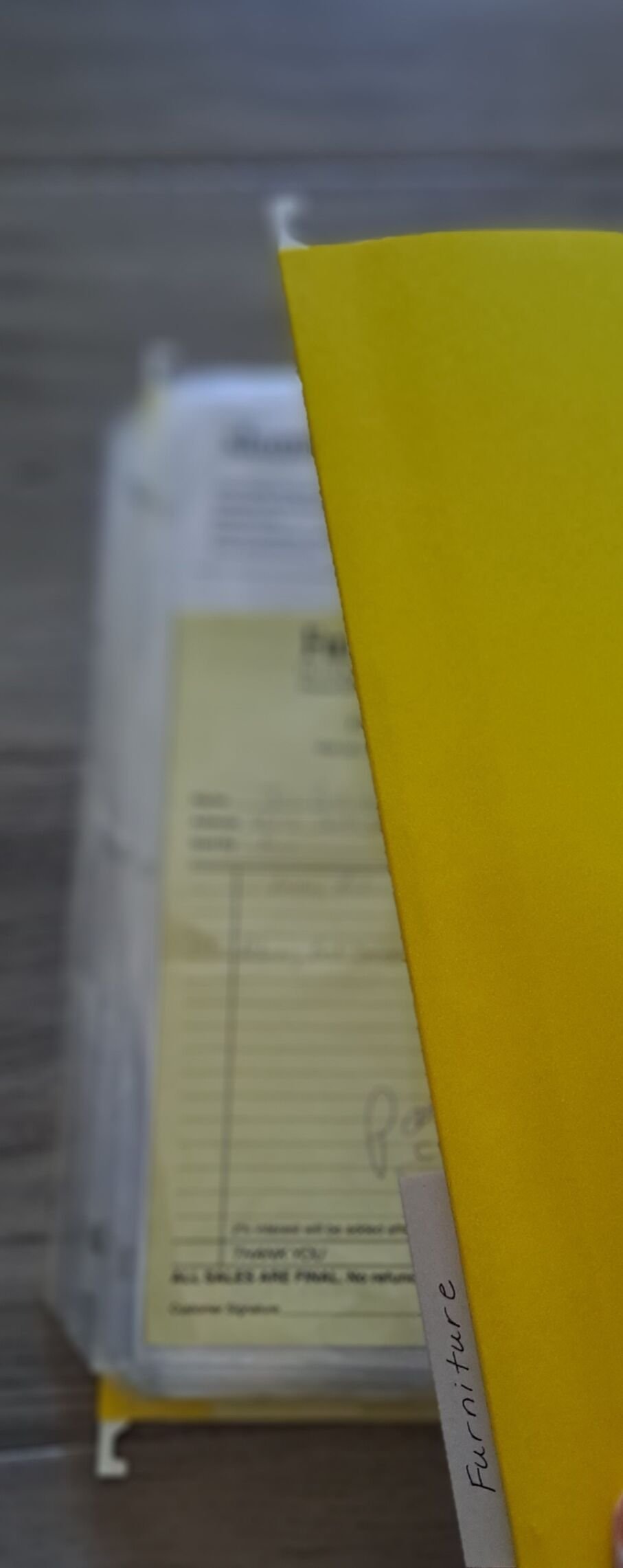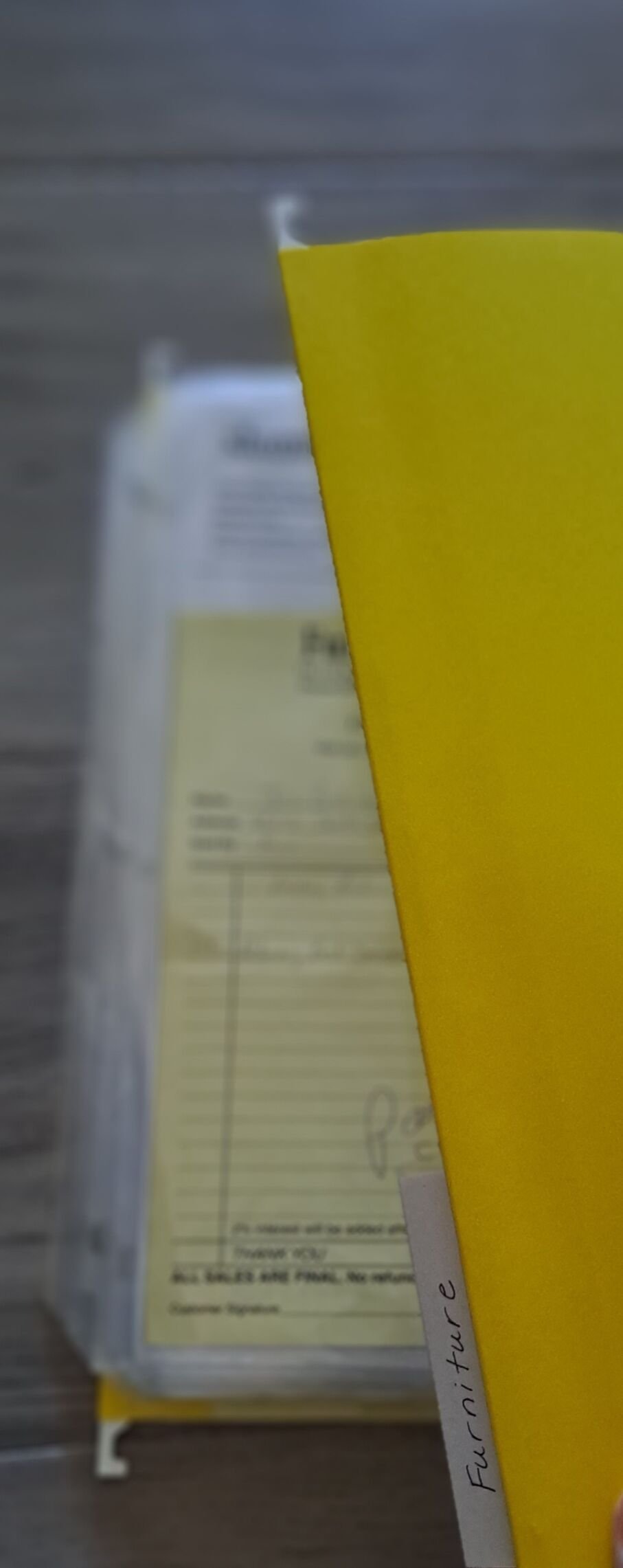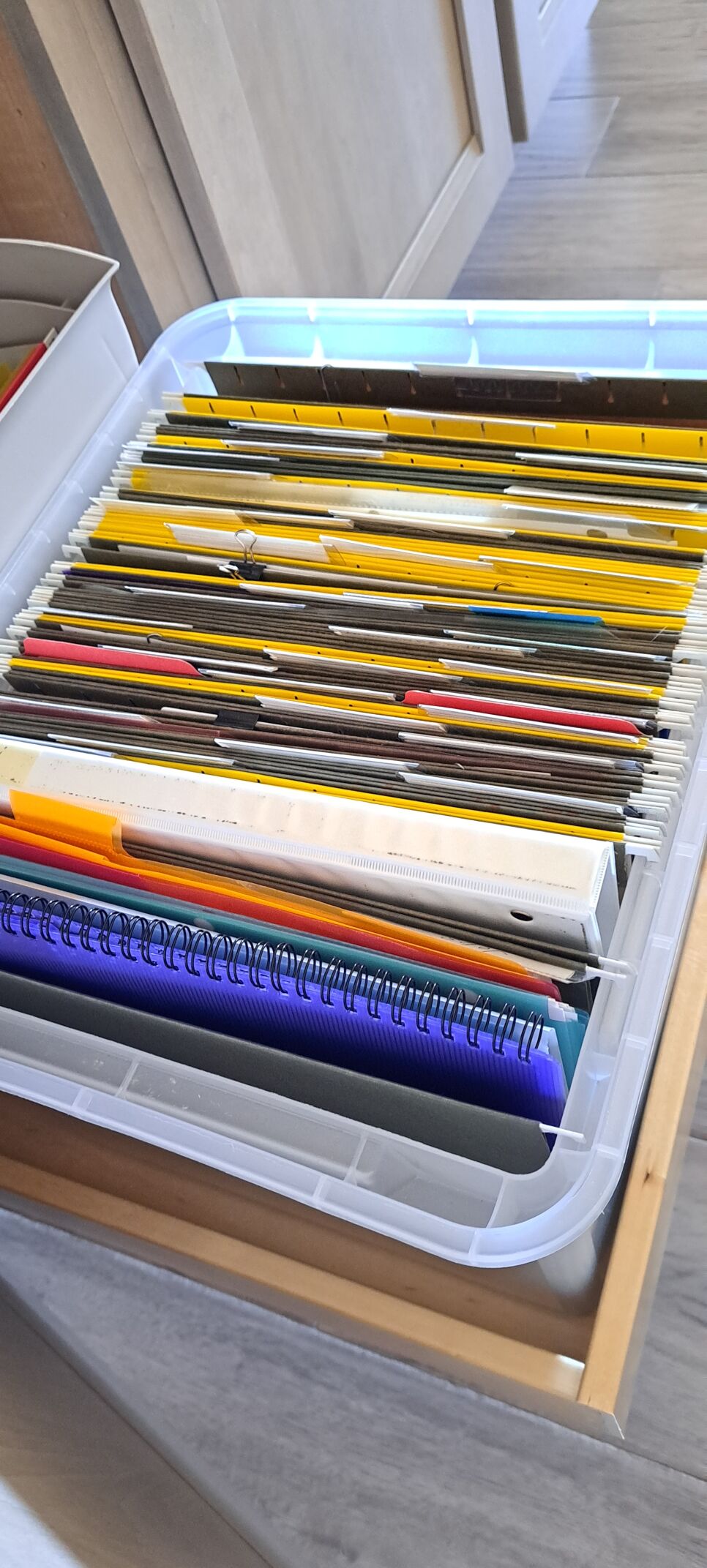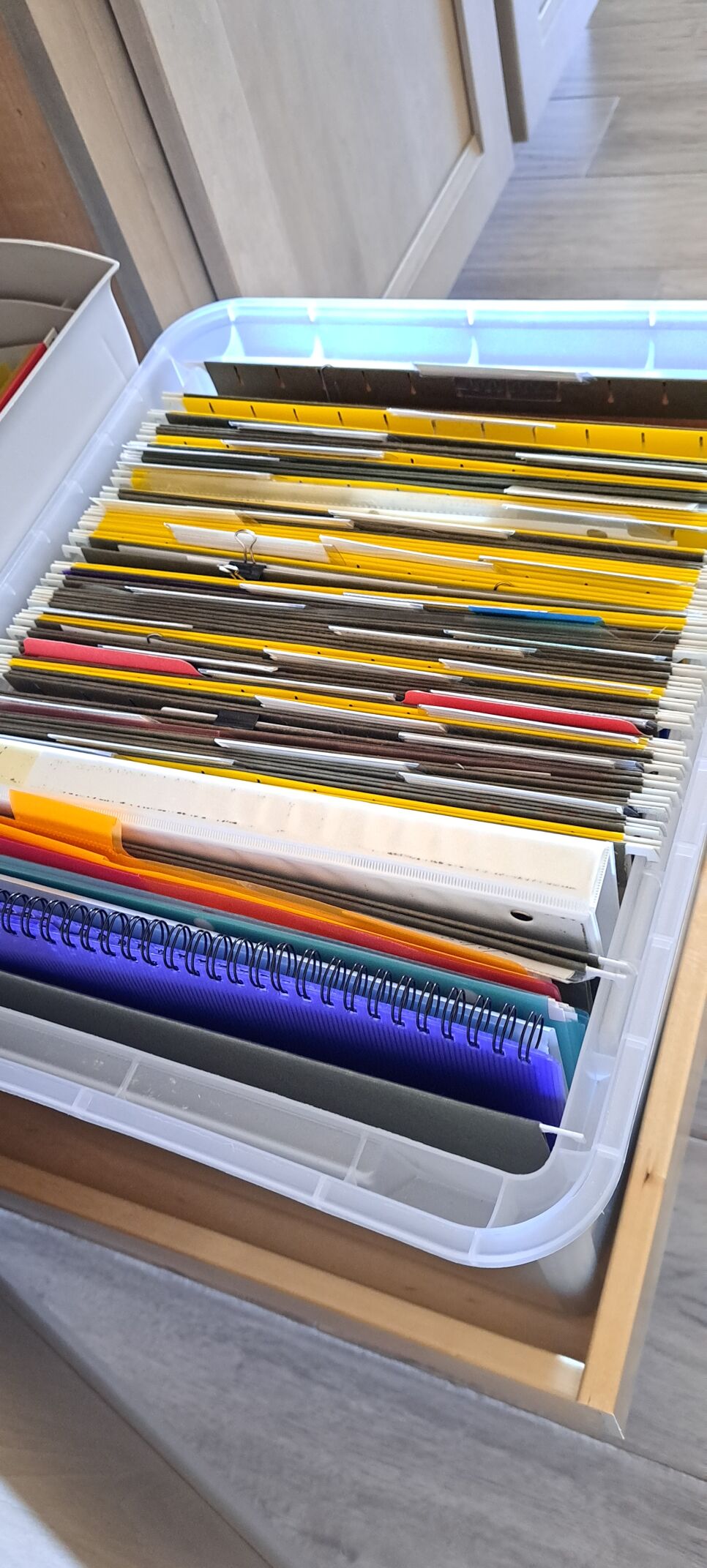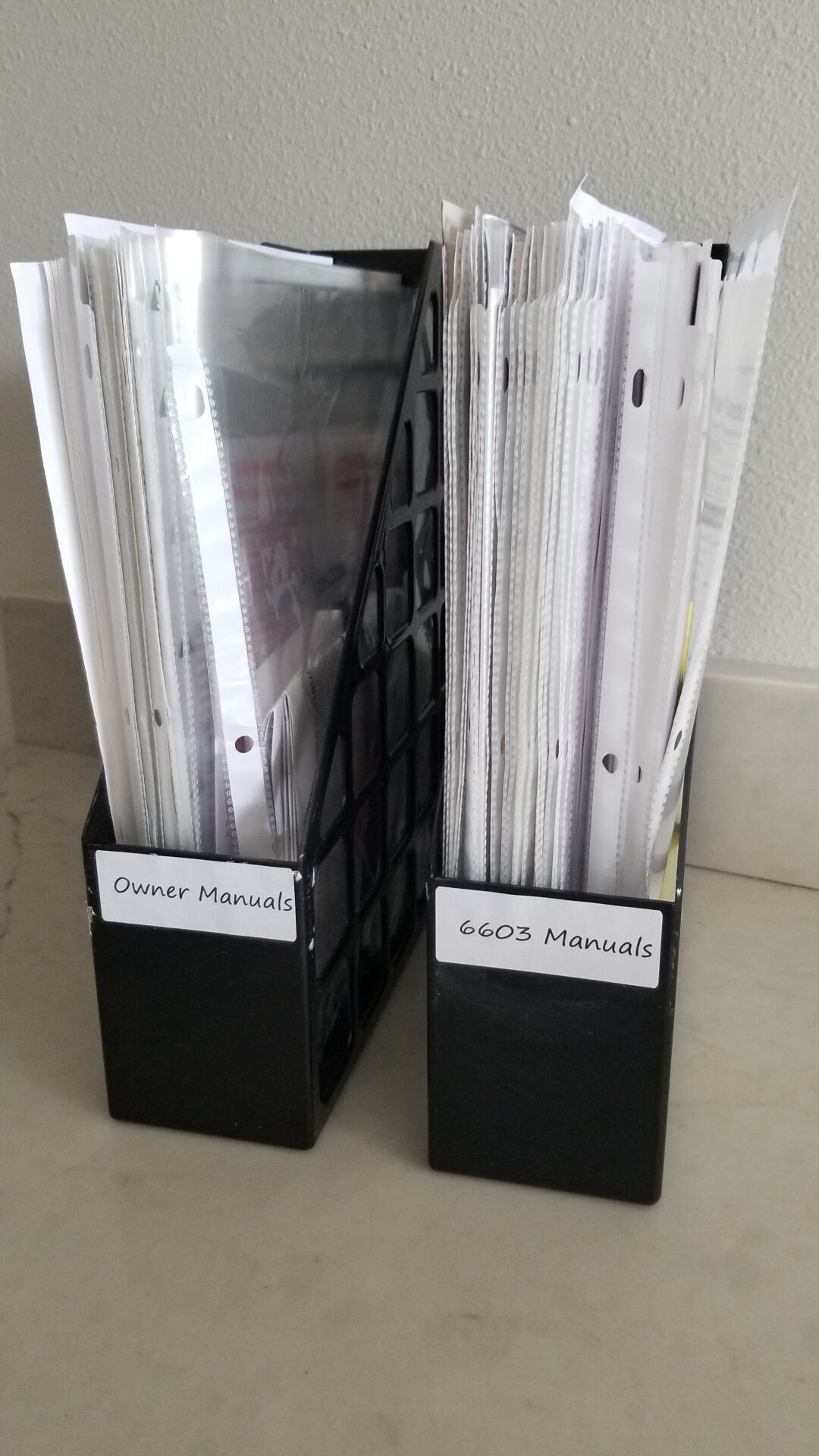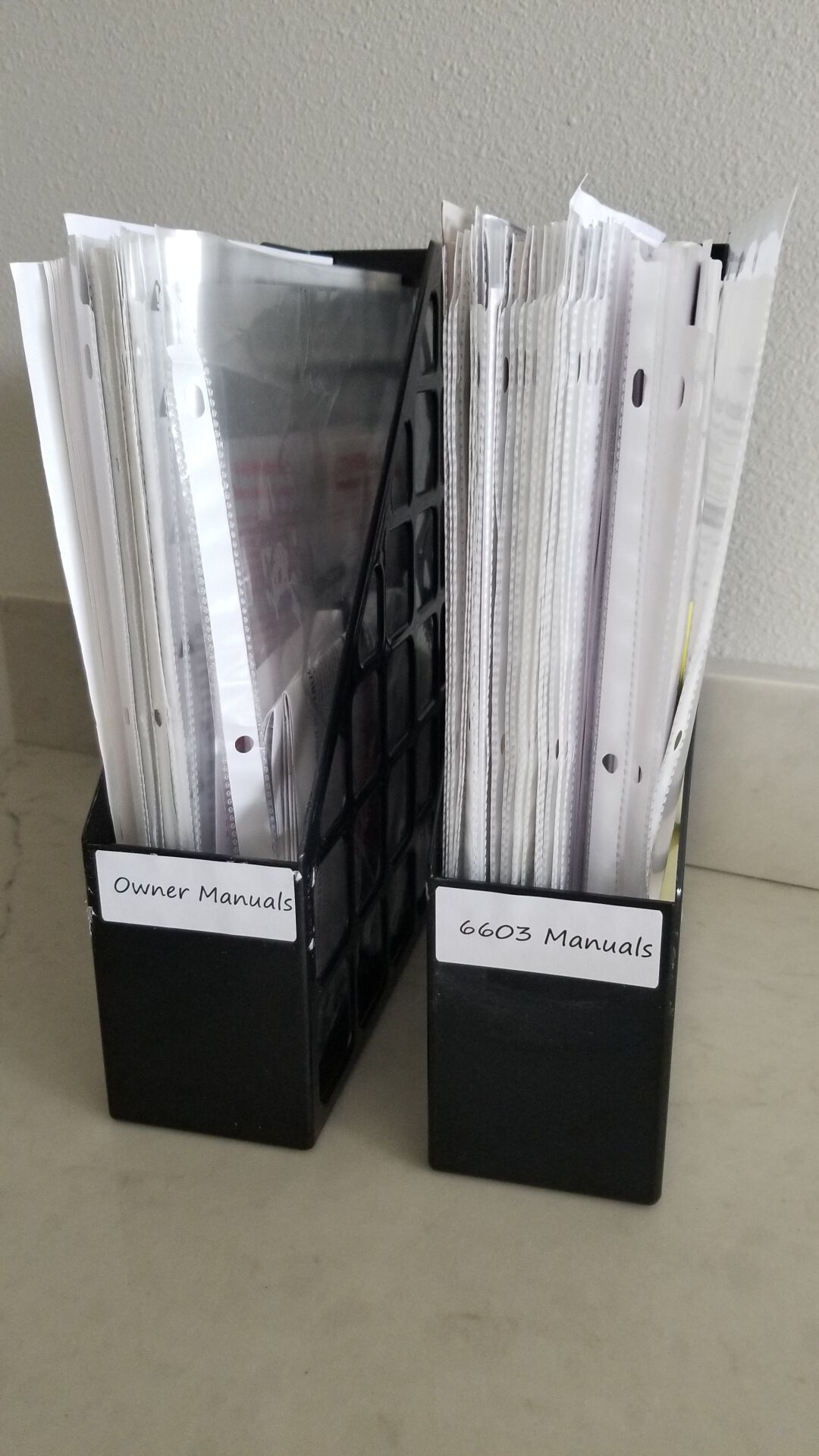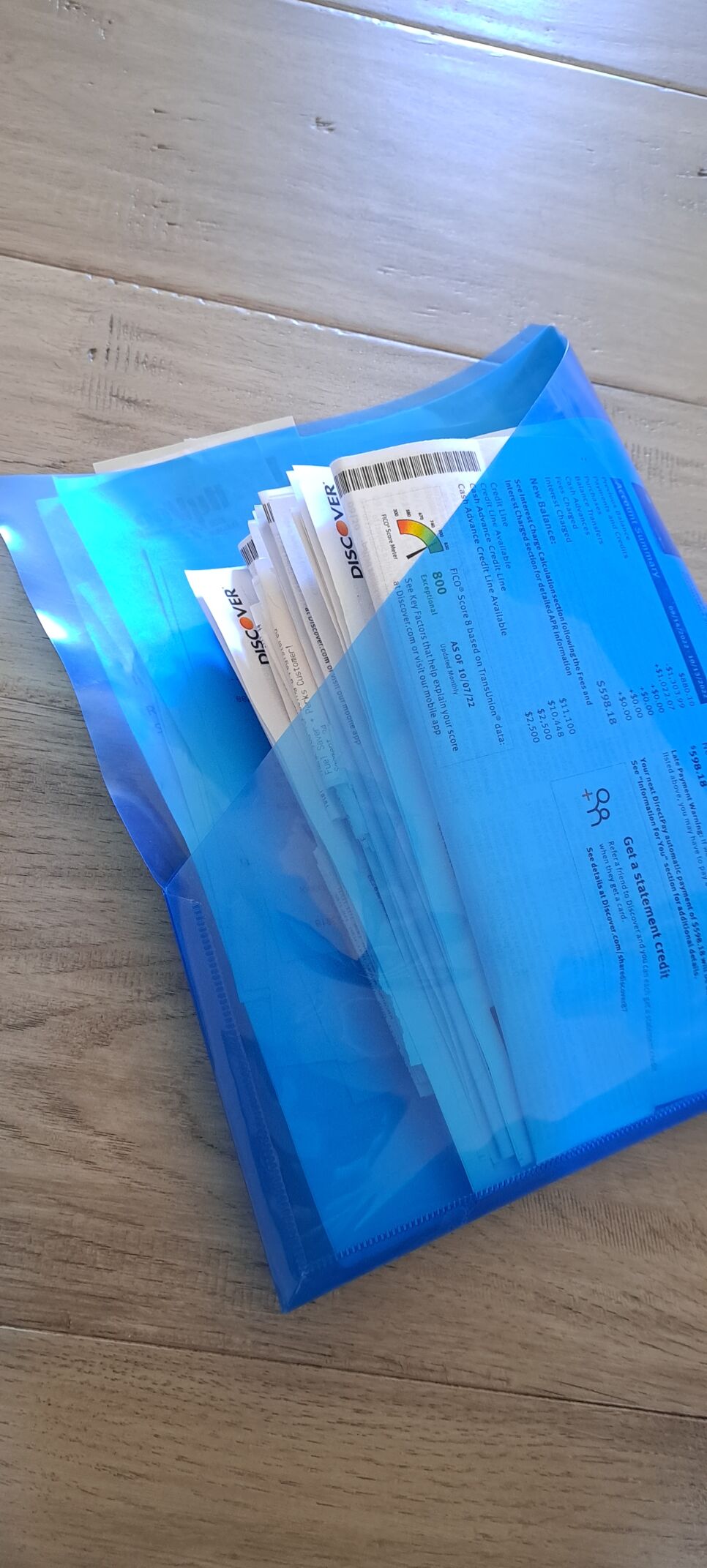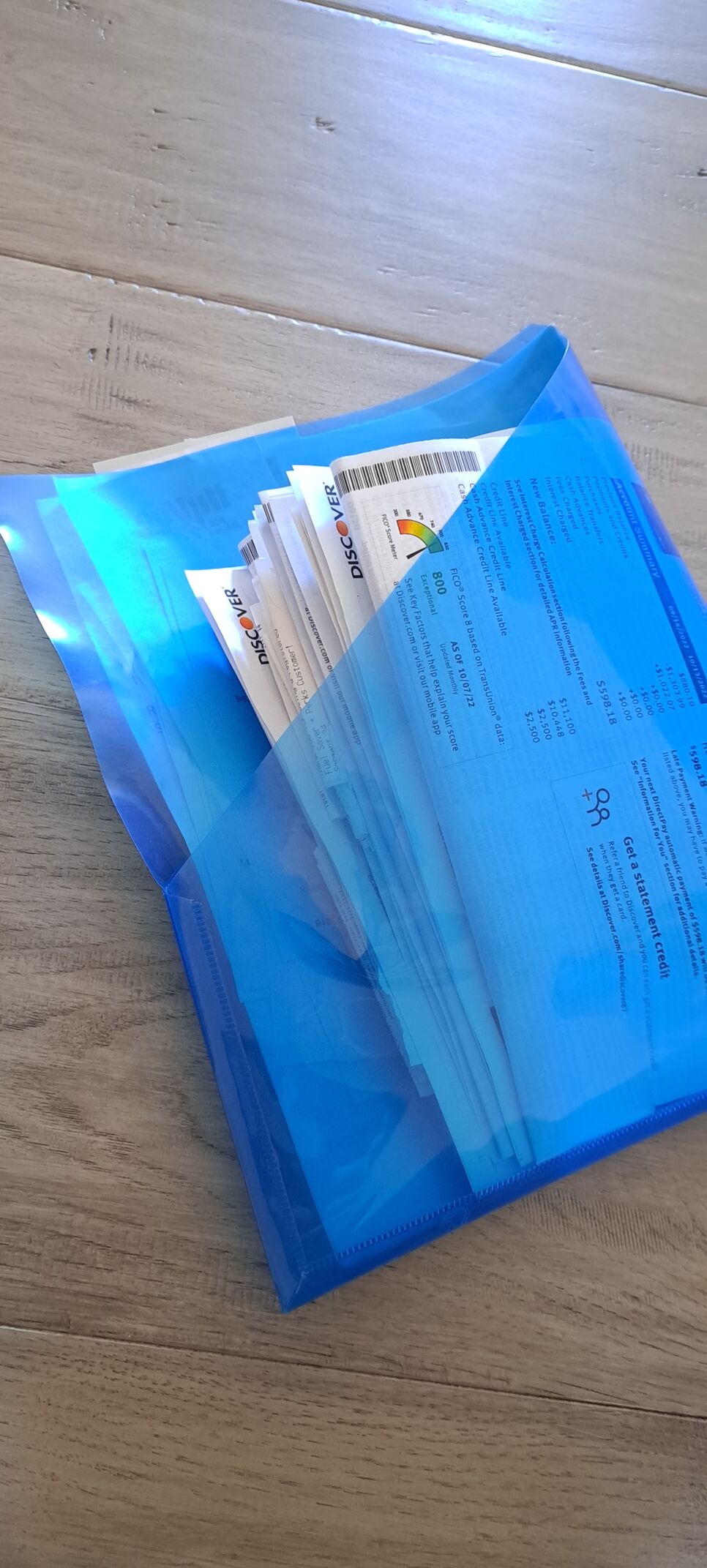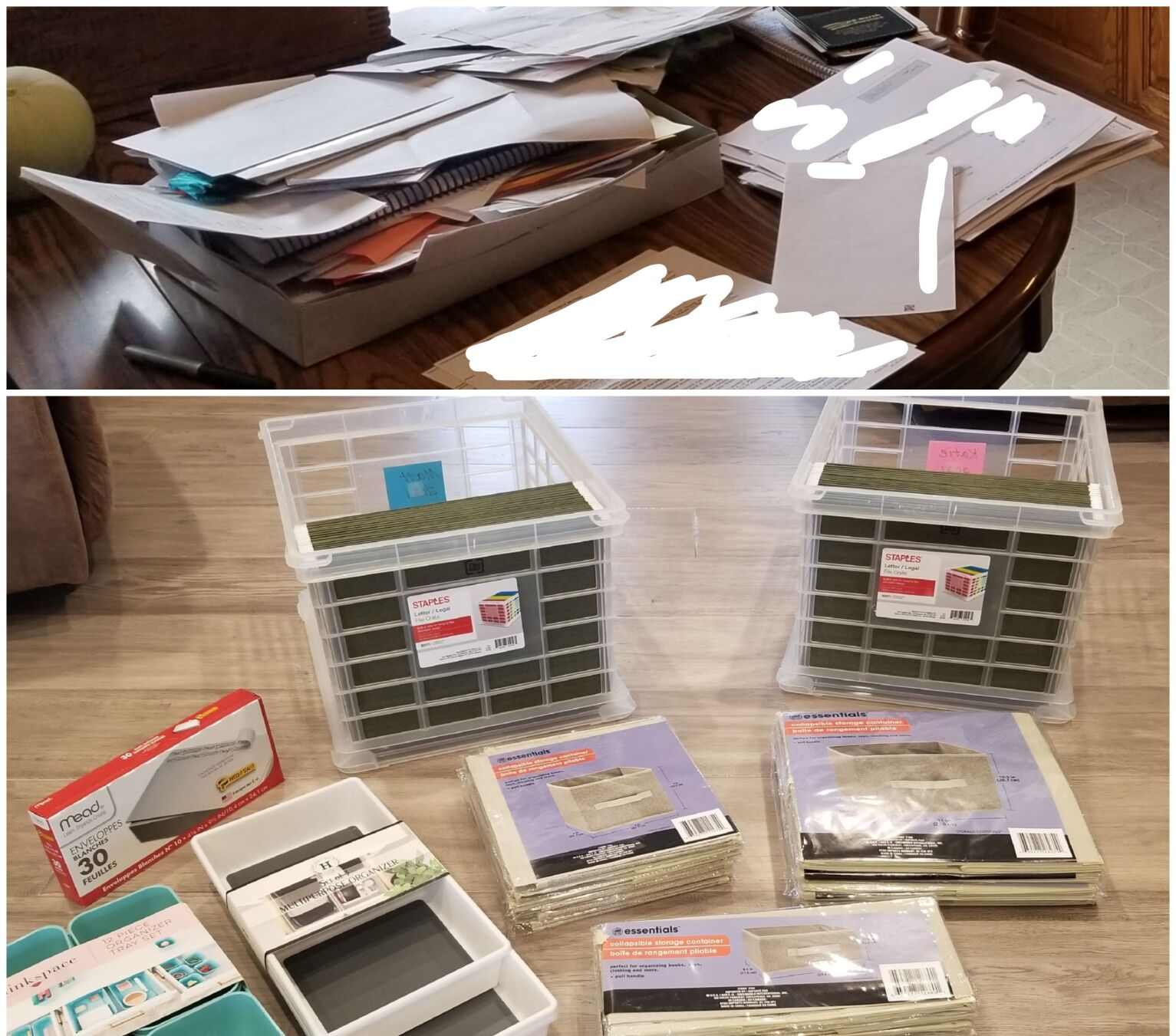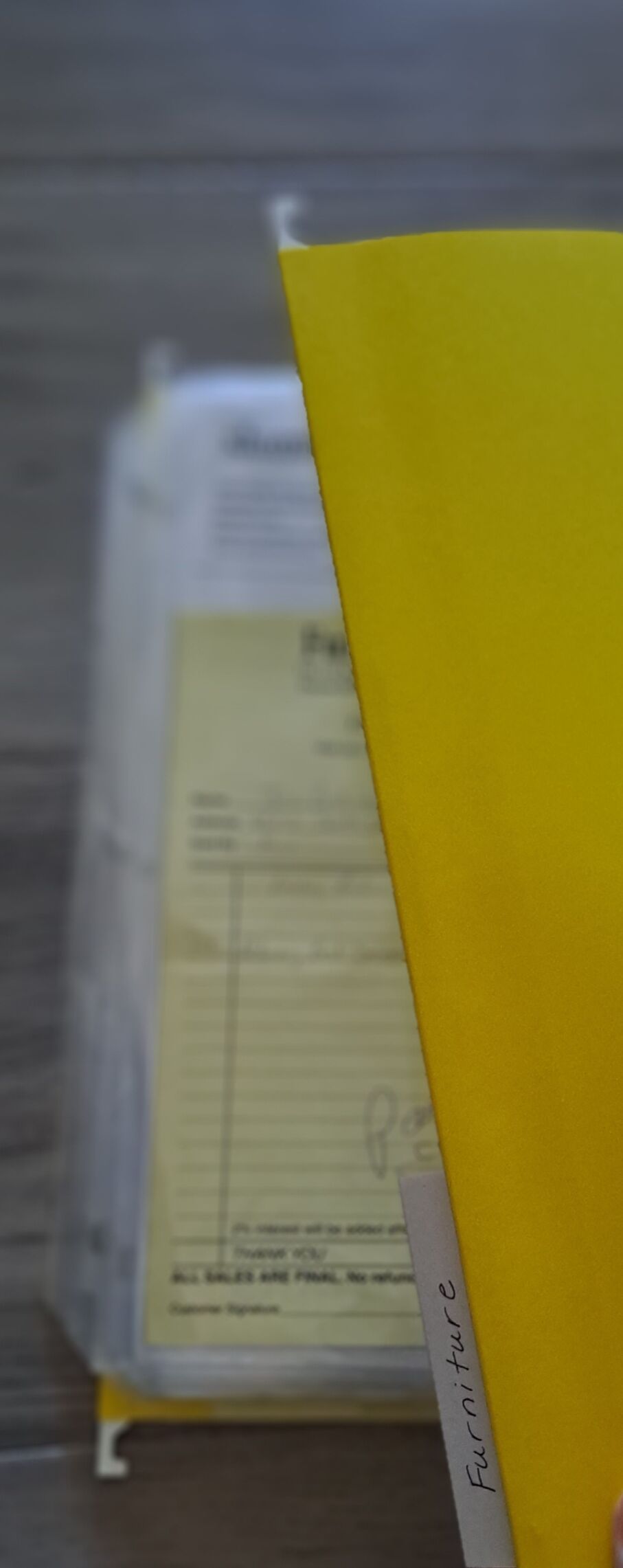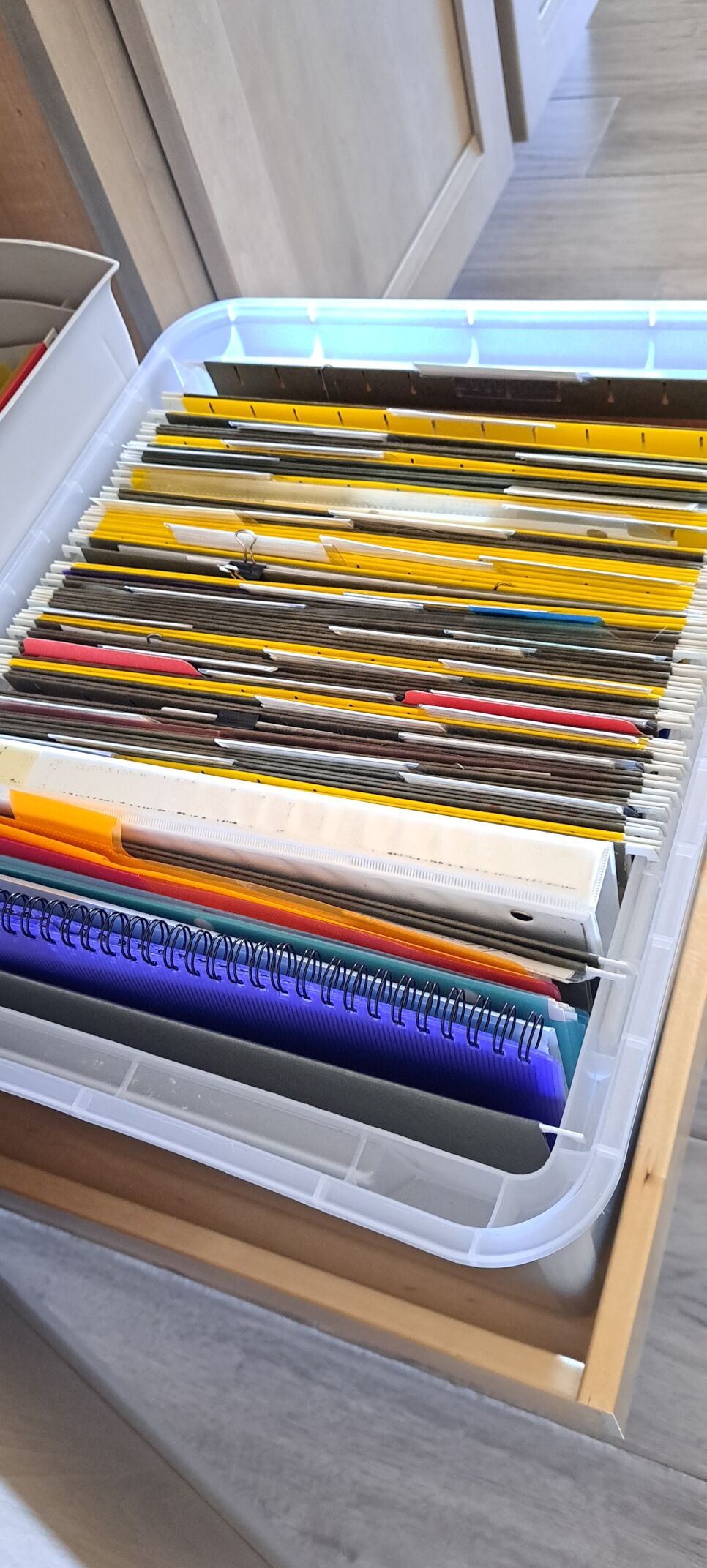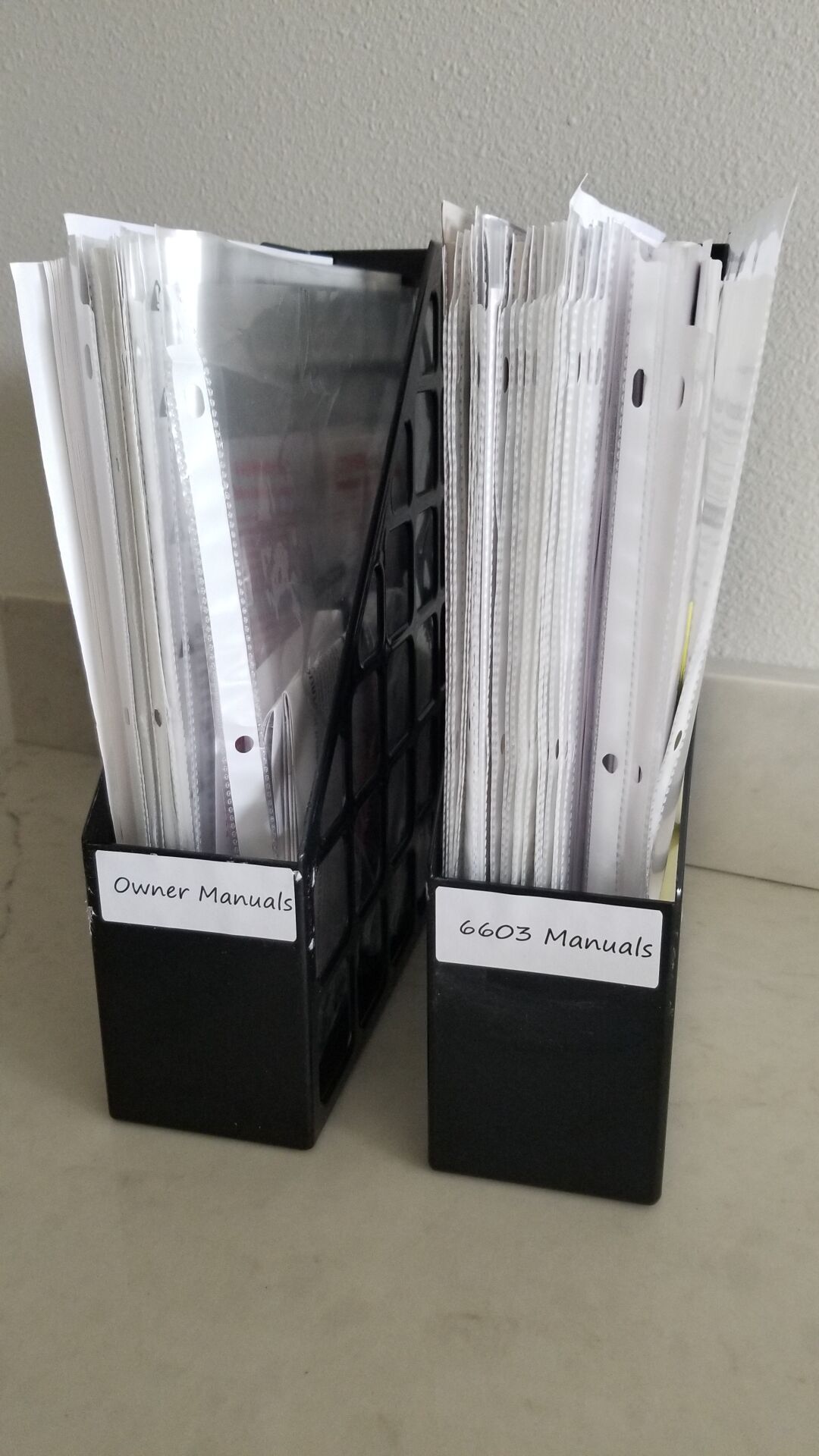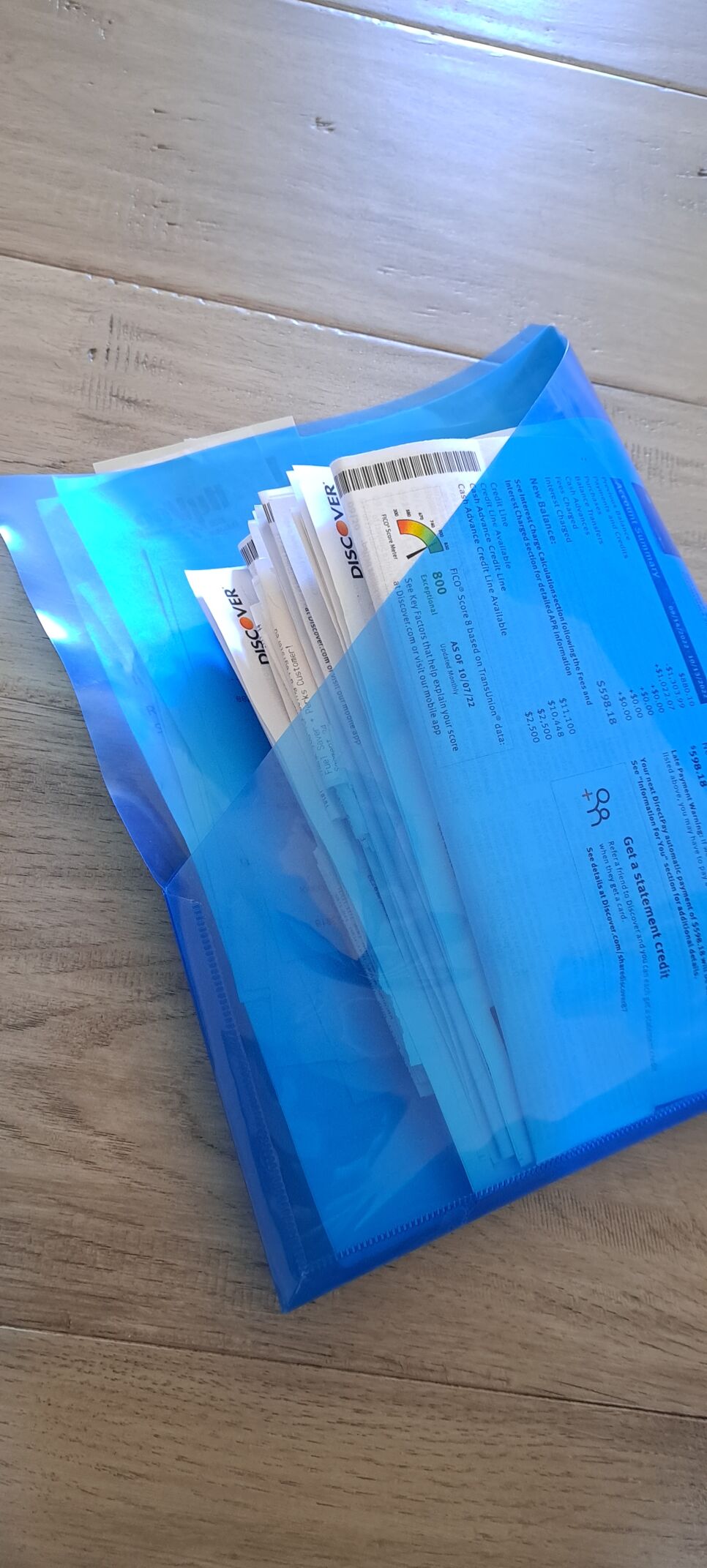Am I the only one who feels like 2022 flew by?
With the New Year around the corner, this is an ideal time to catch up and plan ahead — specifically when it comes to organization of your life documents.
Within a 365-day period, the majority of us have experienced one, if not multiple, life-altering changes. Many of those involve documentation.
Unless you have a designated home for your documents, poof. A pile is born.
Piles tend to multiply. They can accumulate on surfaces, floors and be tossed into boxes, turning into a huge undertaking if left uncontrolled.
Examples of new life documents might include:
• A new home purchase or the sale of a previous property.
• Major household purchases and improvements.
• A new vehicle or the sale of a previous vehicle.
• Marriage or divorce records.
• Birth or death records.
• Medical history and updates.
• A new job, including insurance, payroll, investments and resume updates.
• Starting a new business or selling an existing business.
• Kids and establishing their independence or their residence.
We all experience life stages, and our life documents and file retention should reflect this.
I categorize life stages by age-range: 0 to 18, 19 to 25, and 26 and older.
The first life stage typically is managed by a guardian or caretaker.
The second involves gaining independence and claiming responsibility to maintain your life documents. This is challenging if the guardian did not have an organizational system in place. Gaining knowledge on how to retain your life documents early will set you up for success.
The third life stage indicates we are adults. If our life documents are out of control, it’s time to tackle paper chaos. Easy accessibility of your life documents can make daily retention and times of tragedy easier to manage.
There is a difference between life documents and daily documents. The ironic thing about each is that most paper is unnecessary and should be discarded. On the flip side, we have a lot of important documents that should be retained our entire life, which might transfer to future generations.
Begin the process by getting your documents together. You have to know what you’re working with before you can organize it. It’s common for people to keep everything.
First, gather boxes, and purchase hanging file folders. Files versus piles.
Second, use an existing file cabinet or purchase bins designed for hanging file folders.
• Designate a recycle box: Junk mail.
• Designate a shred box: Outdated or irrelevant documents displaying personal information.
• Establish a personal bin or cabinet with hanging folders for daily documents you can clean out annually. These might include:
- Utility bills.
- Expenses.
- Receipts.
- Identification, citizenship and international documents.
- Household documents.
- Ownership documents.
- End of life documents.
My experience in helping others has shown that a majority of documents retained are junk. This typically applies to daily documents, but on occasion, life documents also are no longer valid.
Establish and maintain a habit to shred and recycle mail clutter immediately.
This might feel overwhelming at first, but once you realize dealing with your mail on a daily basis versus to-do piles, you easily will establish a routine that takes a matter of minutes versus hours or days, months or years to process.
Once files are established, it’s a good practice to review documents on an annual basis. This allows you to verify accuracy, importance and discard documents that are no longer current.
We take the time to put up and take down holiday decorations annually. Why would maintaining our life documents require any less attention?
Think about your priorities and how a little effort every day can lessen frustration and confusion down the road.
Your collection of documents is specific to you. If documents are unorganized, most likely, they will become a challenge to manage — not only for yourself but also for those assisting you one day.
Creating confusion and burden is the last thing any of us intend to do. Document and file retention is essential at every life stage to maintain your possessions, your documents and your legacy.
Jessi Bushman is a professional organizer, member of the Iowa Professional Organizers Association and owner of Organizer Jessi in Dubuque. Visit her at organizerjessi.com or on Facebook at OrganizerJessi. You also can email her at organizerjessi@gmail.com.


